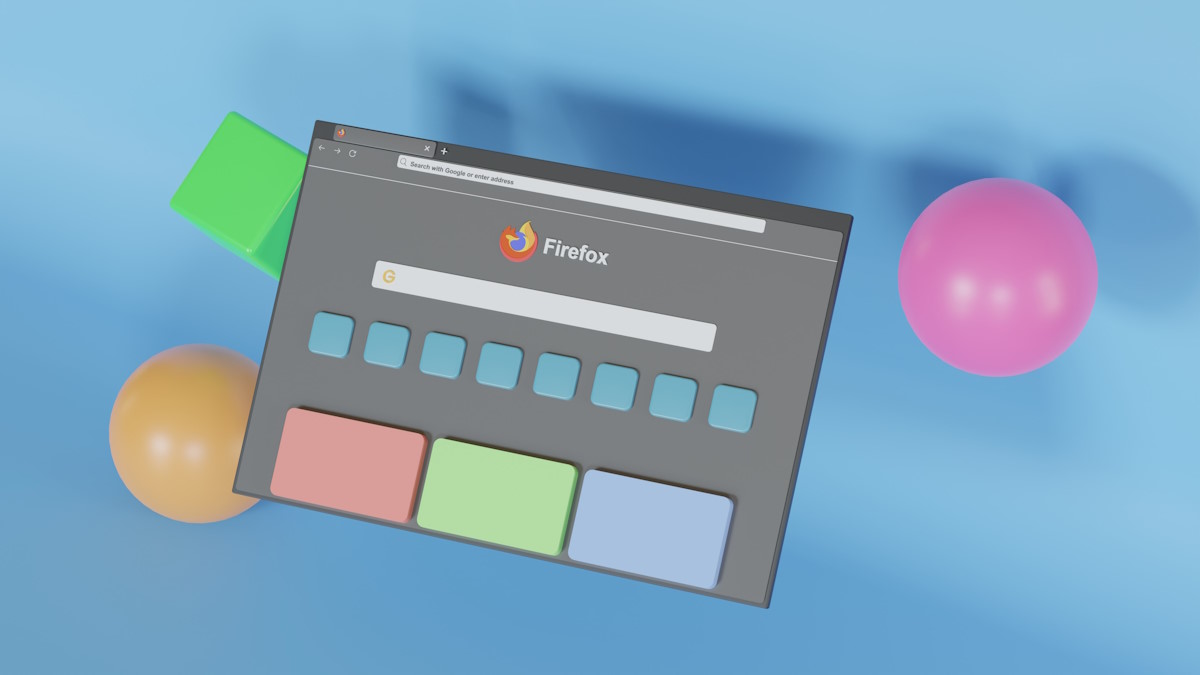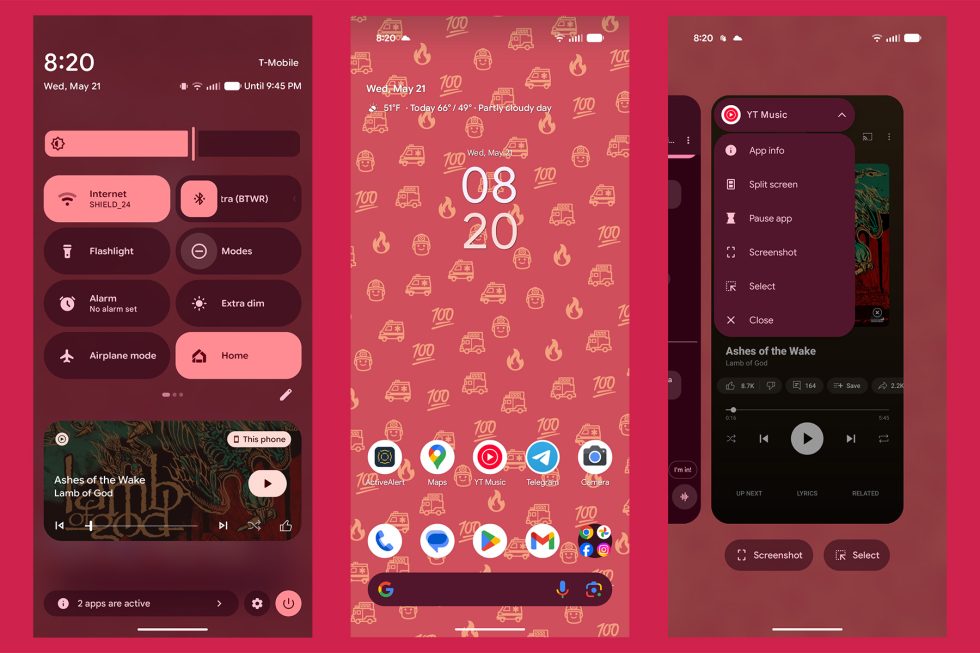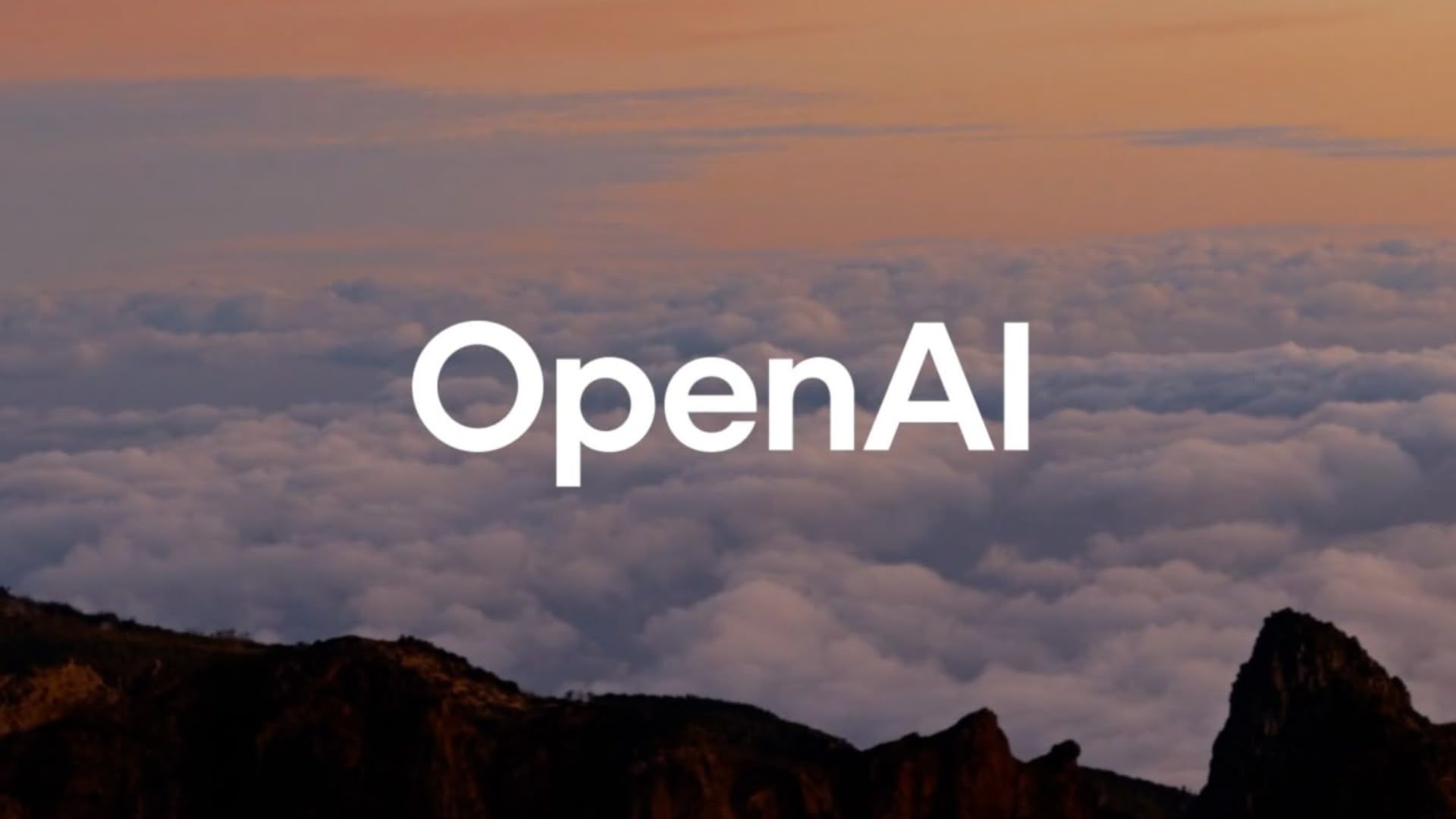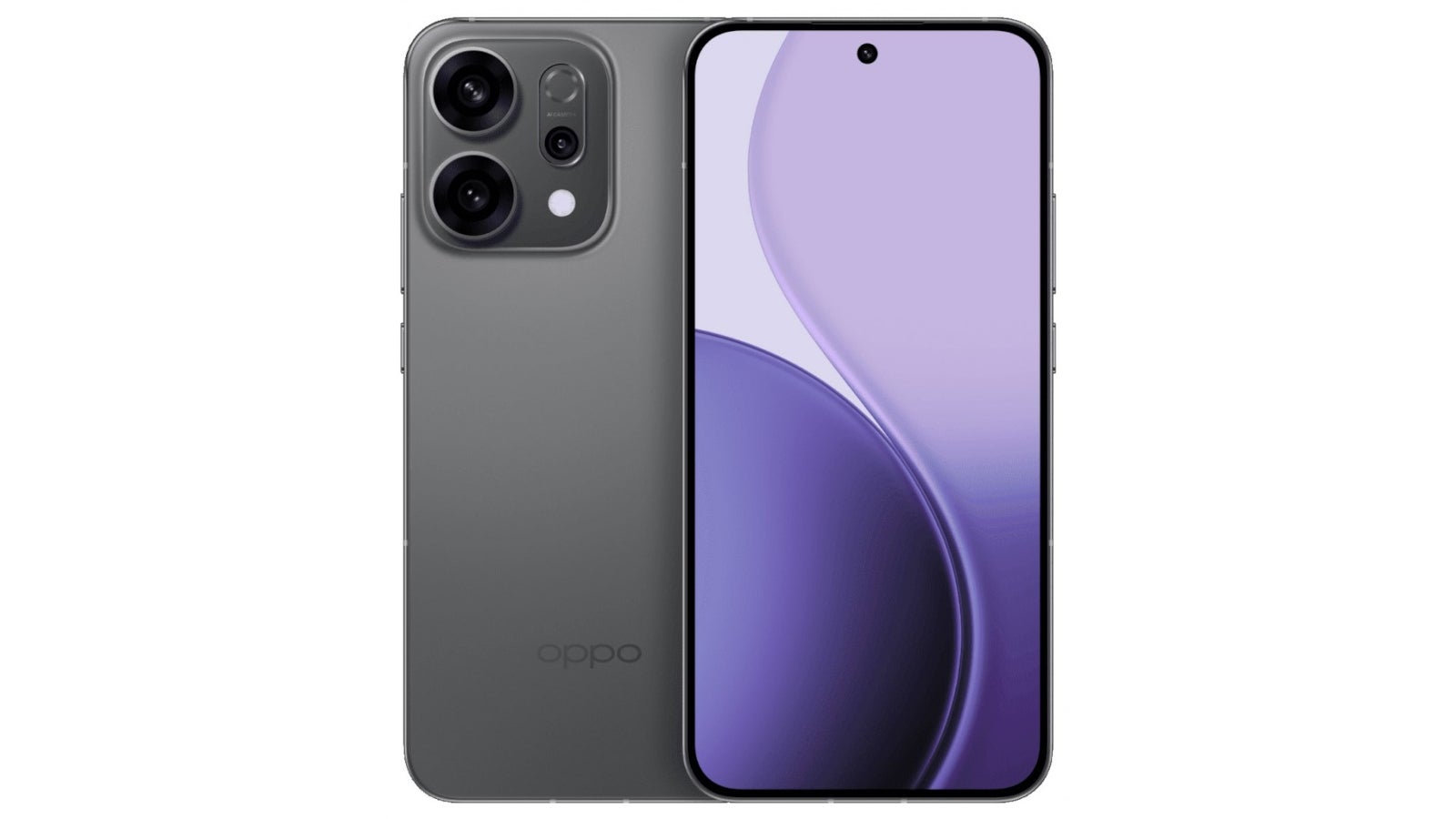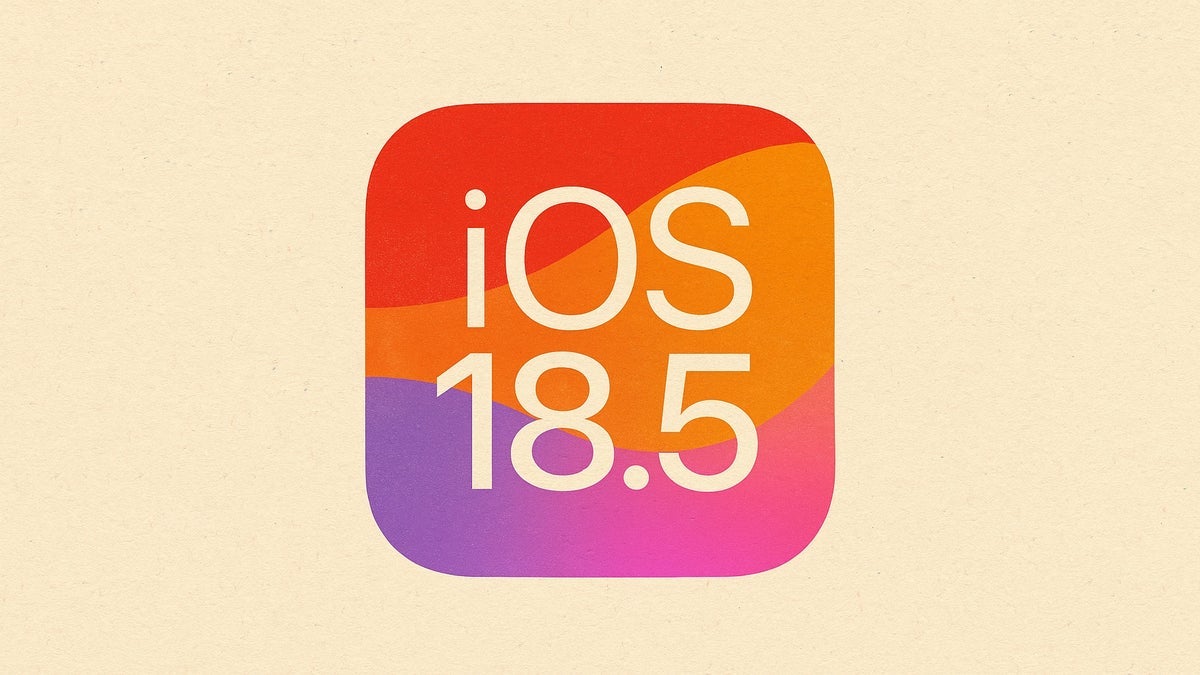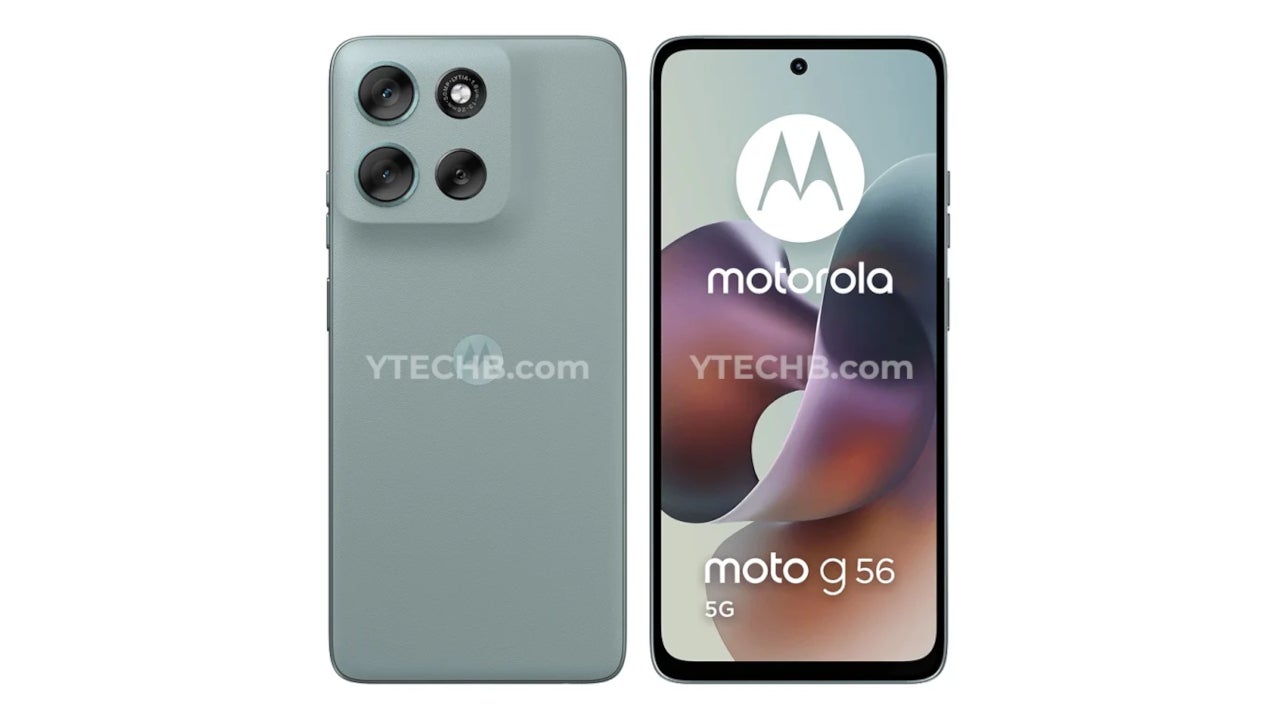Meet Koog: Empowering Kotlin Developers to Build AI Agents
We’ve got some exciting news for the Kotlin Community! At this year’s KotlinConf, we’re introducing Koog, an innovative, open-source agentic framework that empowers developers to build AI agents within the JVM ecosystem using a modern Kotlin DSL. We designed Koog to provide developers with the tools they need to create intelligent, autonomous agents with the […]

We’ve got some exciting news for the Kotlin Community! At this year’s KotlinConf, we’re introducing Koog, an innovative, open-source agentic framework that empowers developers to build AI agents within the JVM ecosystem using a modern Kotlin DSL. We designed Koog to provide developers with the tools they need to create intelligent, autonomous agents with the same ease and productivity that Kotlin brings to everyday development. It’s a major milestone in making Kotlin a first-class language for AI and we can’t wait to see what the community builds with it.
Why we built an agentic framework for Kotlin
At first, we were all amazed by the potential of chat assistants and LLMs. But as these models evolved, it became clear that their capabilities extend far beyond simple conversations. They are not just limited to offering advice – they can actually act on our behalf. They can handle routine tasks, make decisions and plans, and respond to feedback autonomously. This shift marked the arrival of AI agents, intelligent systems that can understand context, take initiative, and operate independently.
We built Koog because we believe that Kotlin developers deserve an AI framework that’s as powerful and flexible as Kotlin itself. Prior to its creation, there was no comprehensive, Kotlin-native agentic framework solution. Being deeply involved in agentic development inside JetBrains, our team has gained extensive knowledge in addressing real business needs. We’ve continuously refined our own approaches, integrating them into a Kotlin framework that is intuitive, composable, powerful, and capable of providing out-of-the-box solutions for all the real-world AI problems we’ve encountered along the way.
Koog is designed to tackle a wide range of challenges, from obvious ones like fast onboarding, simplified agent creation, pre-defining strategies, and seamless MCP protocol support to more advanced capabilities like response streaming and efficient handling of long contexts and query histories.
While we’ve already achieved a great deal, we have even more ambitious plans for what’s to come!
Key features of Koog
The current version of Koog includes the following key features:
- Pure Kotlin implementation: Build and run AI agents entirely in Kotlin without external service dependencies.
- Modular feature system: Extend agent capabilities through a composable feature system.
- Tool integration: Create and use custom tools to give agents access to external systems and resources.
- Out-of-the box solutions for popular use cases and problem:
- Streaming from LLMs and invoking multiple tools on a fly from one LLM request.
- Generating structured outputs.
- Forcing LLMs to provide specific results.
- Creating history compression strategies.
- And many more!
- Customizable workflows: Create and use custom tools to give agents access to external systems and resources.
- Traceability and monitoring: Configurable and pluggable tracing of LLM calls, tools, agent stages, and more.
Build for the community
Once we started using Koog internally for our AI agents development, we knew we had to share it with the community. We hope that writing AI technologies in Kotlin with our framework will find a special place in your hearts and repositories.
Try Koog today
Koog is open source and the public repository is on GitHub. Check out the quick start guide and start creating your own intelligent agents that are capable of handling complex workflows and engaging in context-aware conversations.
We’d love for you to join us by trying Koog for yourself.





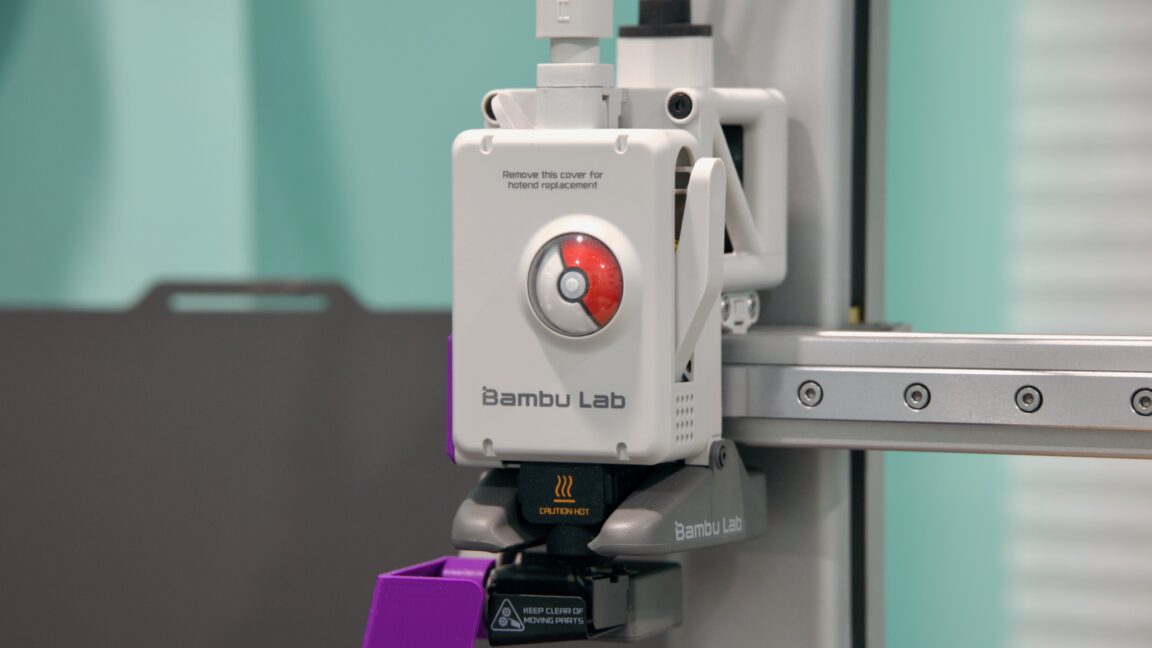






















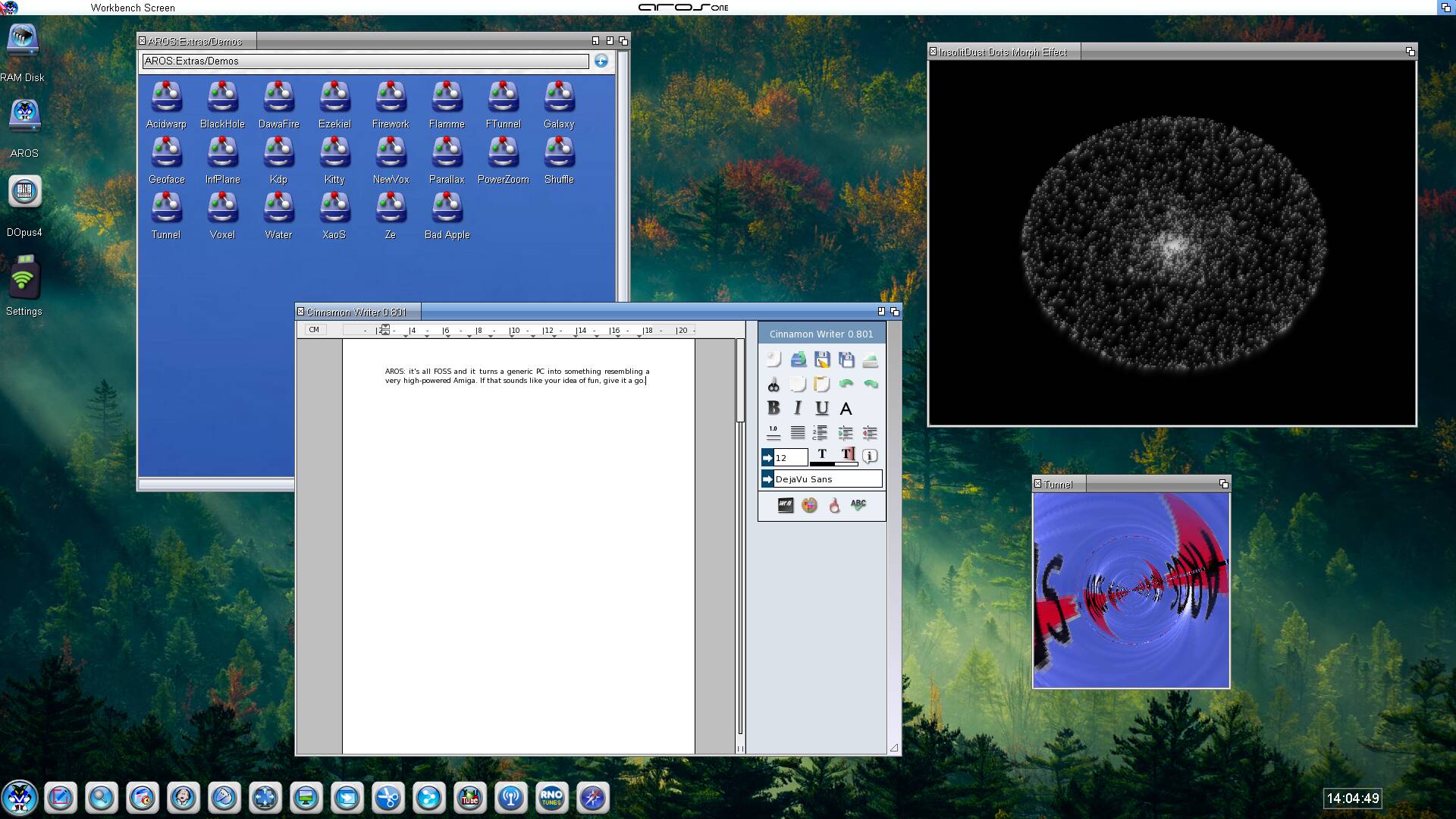

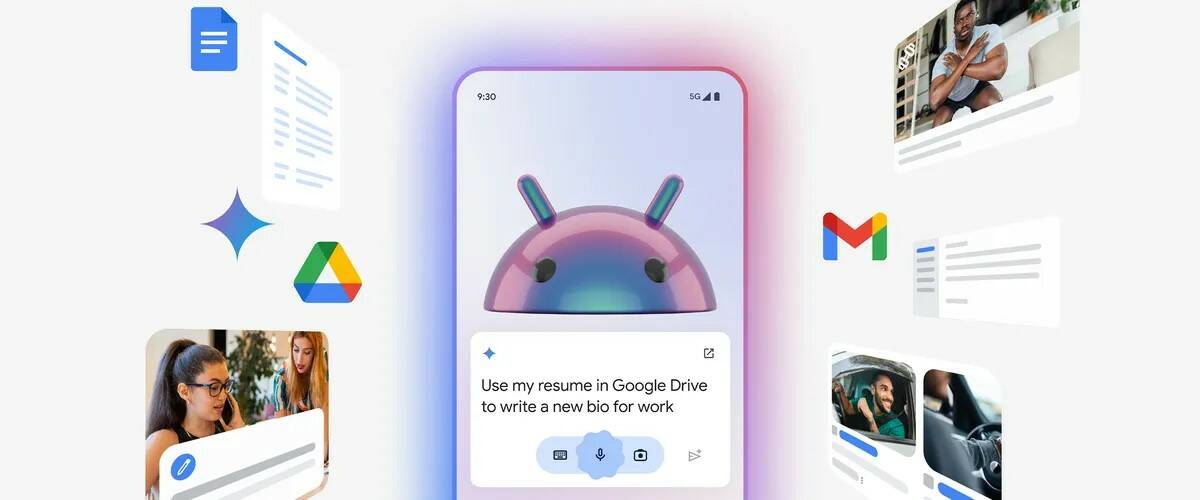
































.jpg)






















































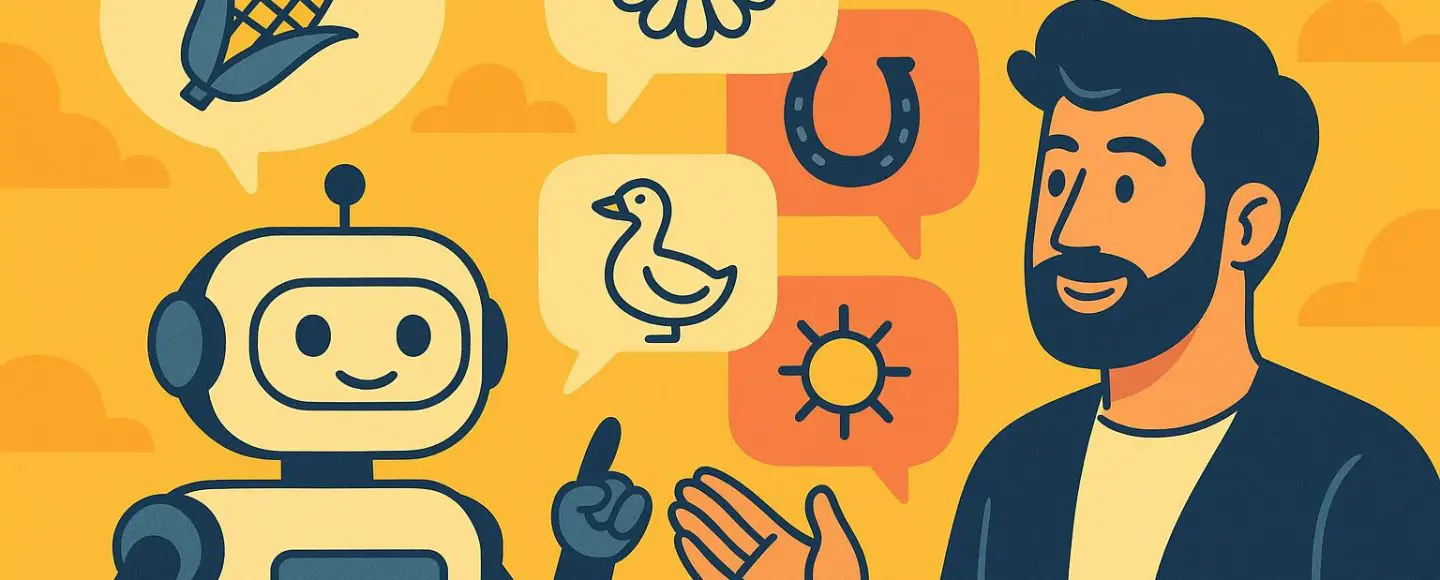
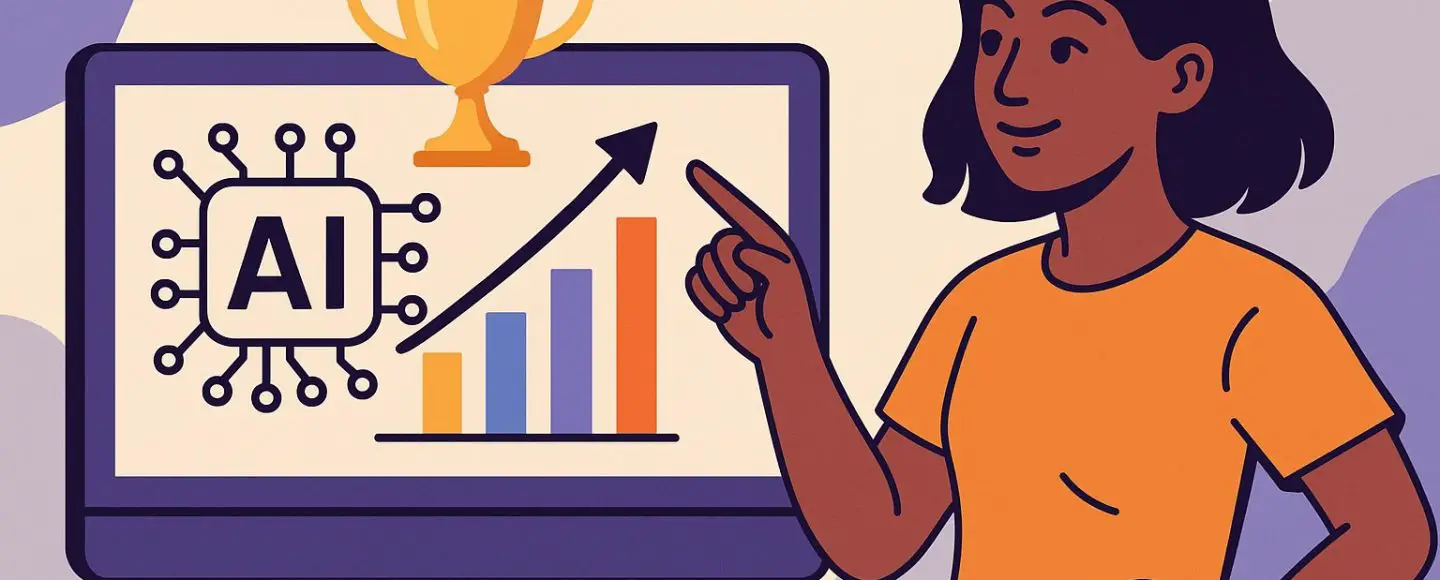
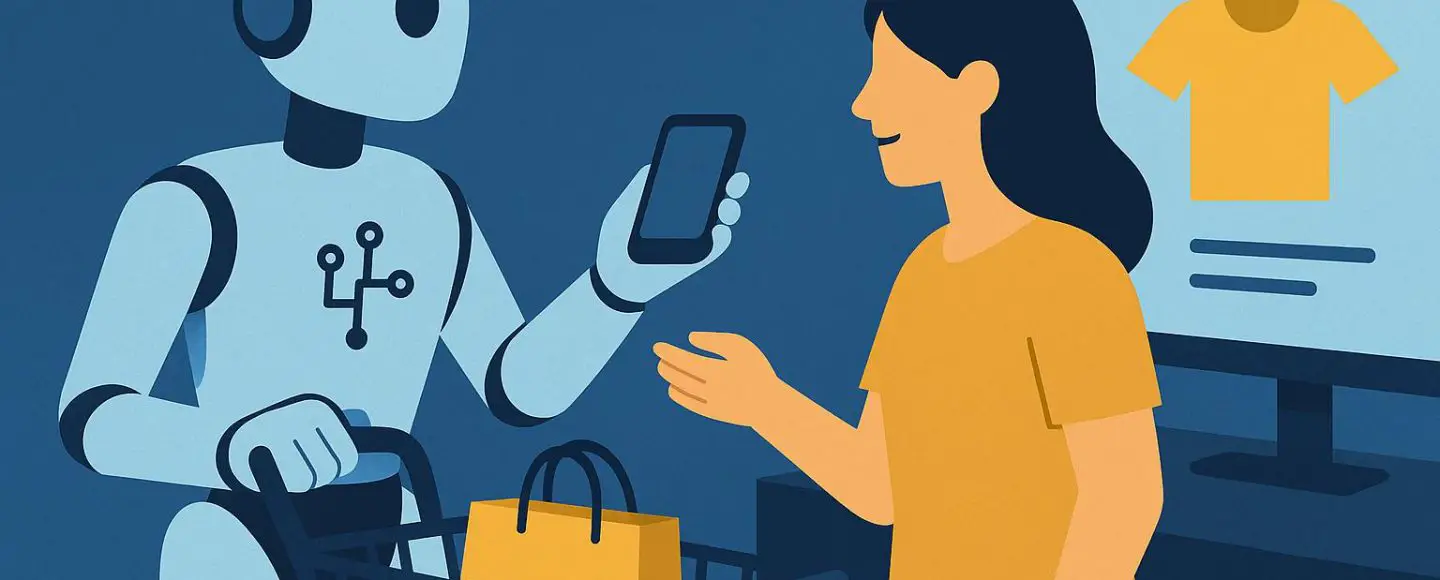
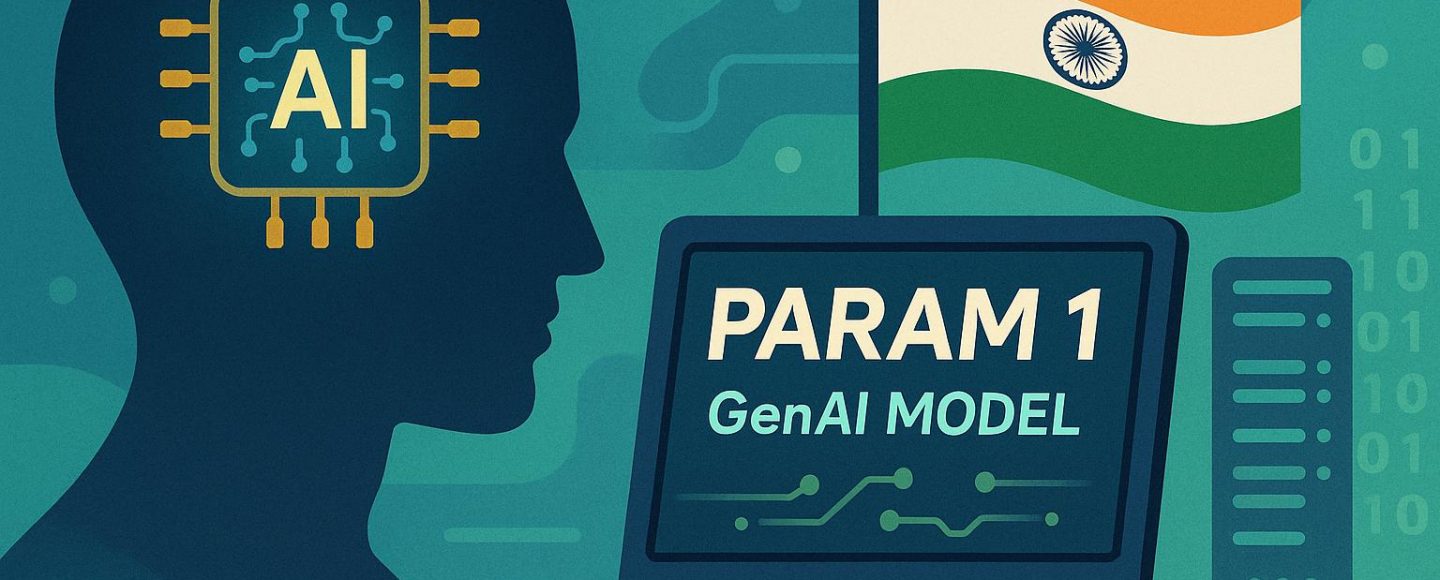























































![[The AI Show Episode 148]: Microsoft’s Quiet AI Layoffs, US Copyright Office’s Bombshell AI Guidance, 2025 State of Marketing AI Report, and OpenAI Codex](https://www.marketingaiinstitute.com/hubfs/ep%20148%20cover%20%281%29.png)


![[The AI Show Episode 146]: Rise of “AI-First” Companies, AI Job Disruption, GPT-4o Update Gets Rolled Back, How Big Consulting Firms Use AI, and Meta AI App](https://www.marketingaiinstitute.com/hubfs/ep%20146%20cover.png)





































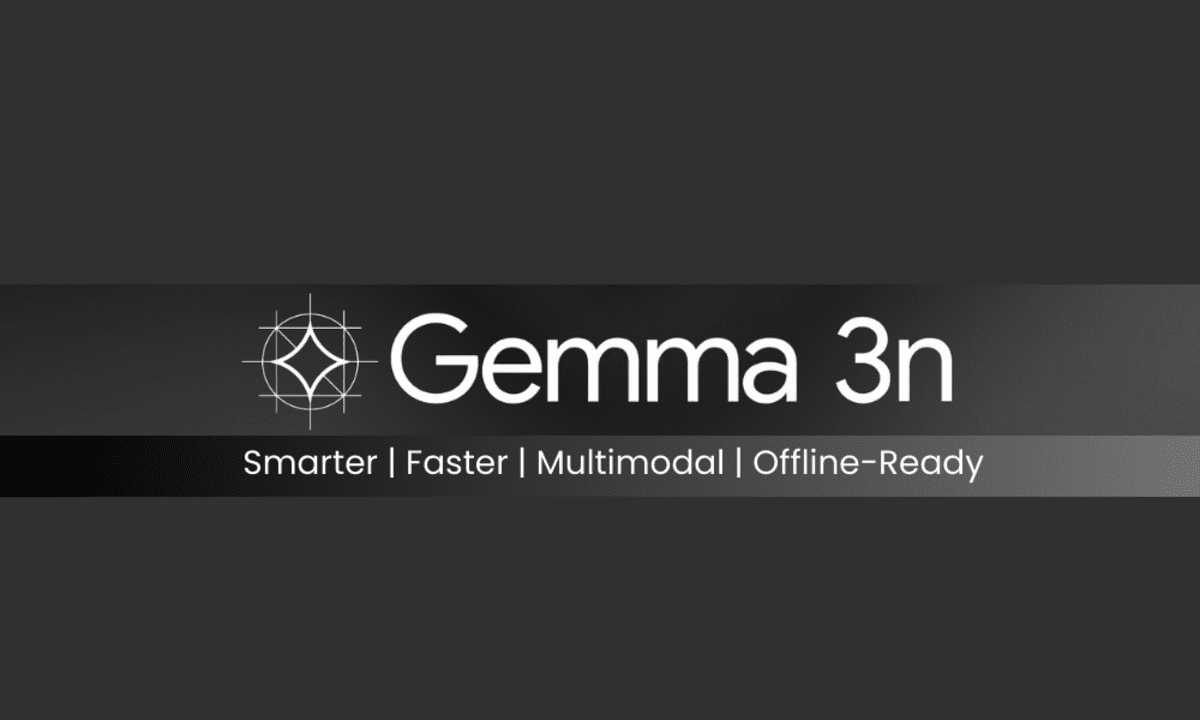
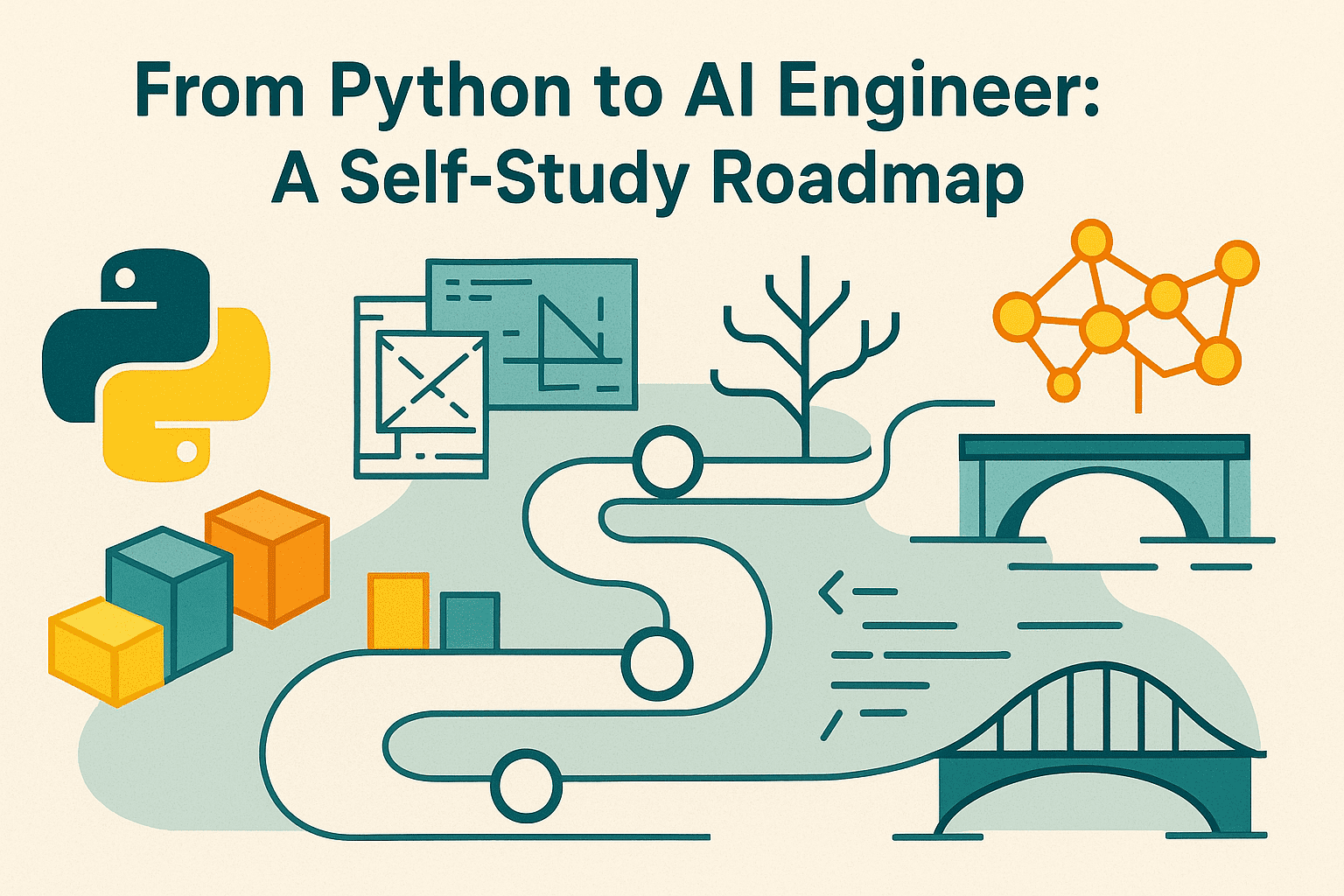
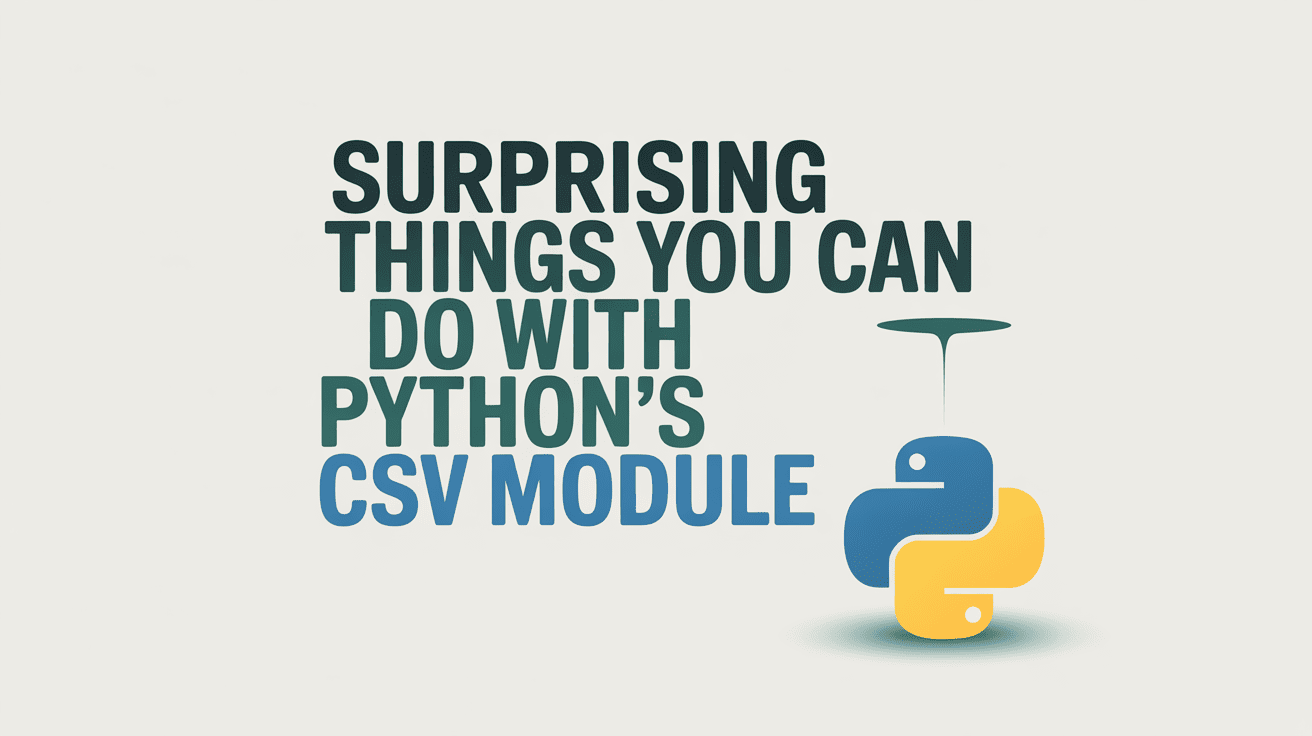



































































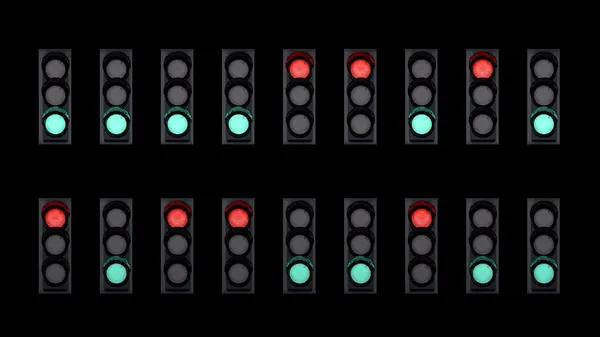
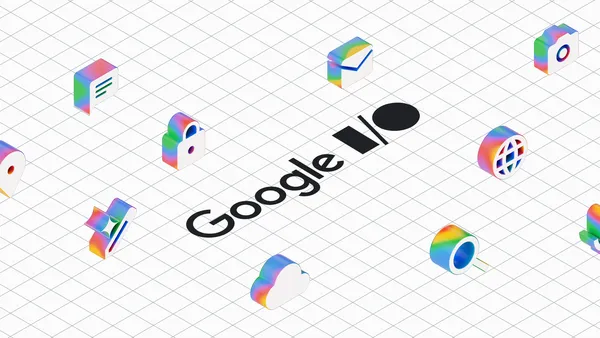
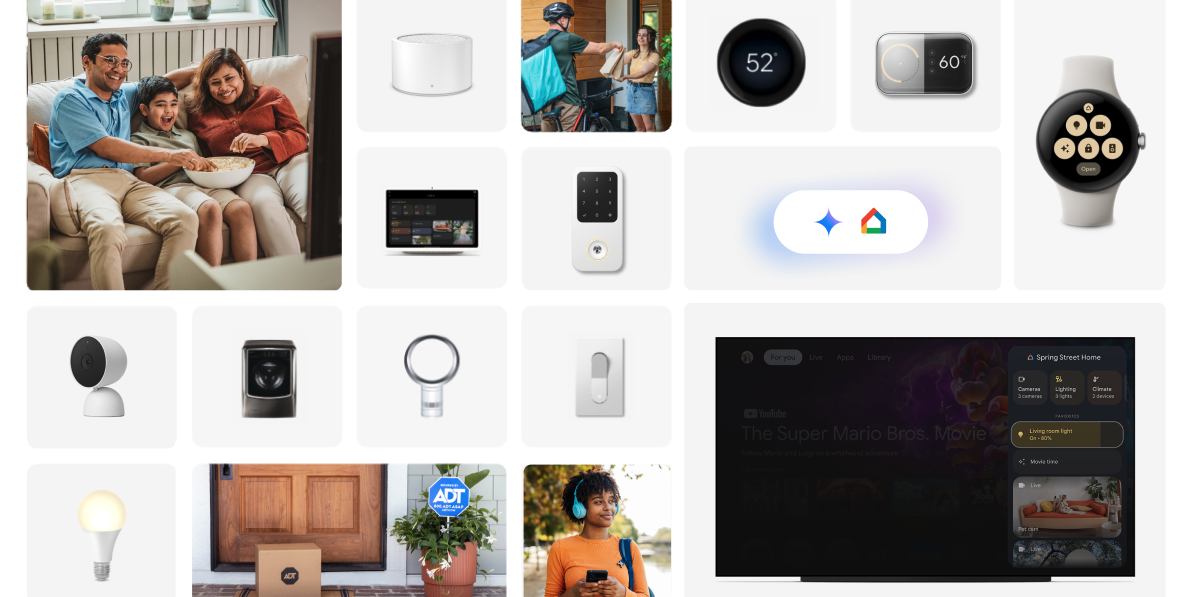











![[DEALS] Babbel Language Learning: Lifetime Subscription (All Languages) (71% off) & Other Deals Up To 98% Off – Offers End Soon!](https://www.javacodegeeks.com/wp-content/uploads/2012/12/jcg-logo.jpg)
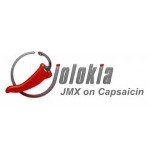








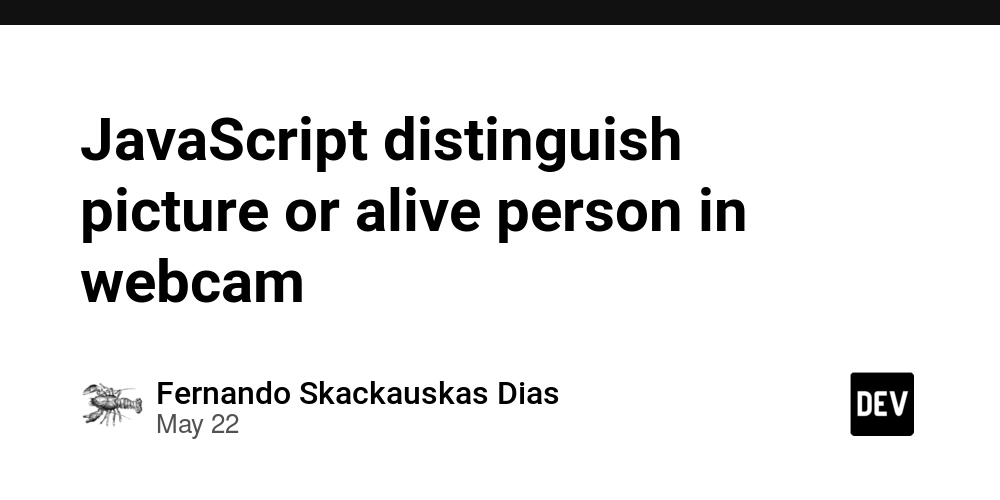































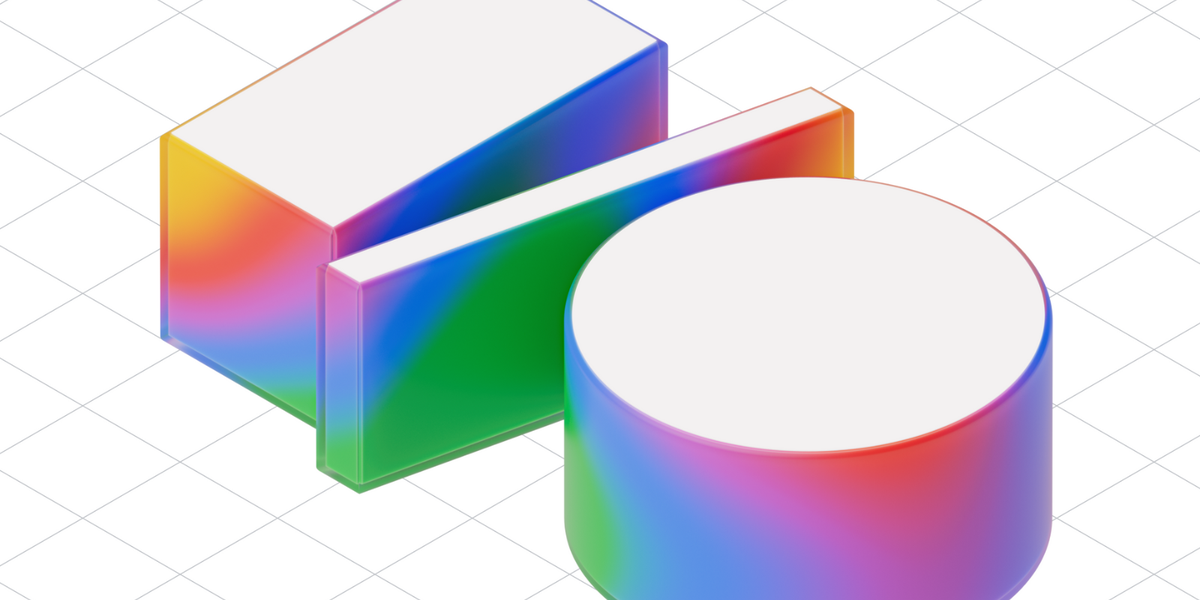
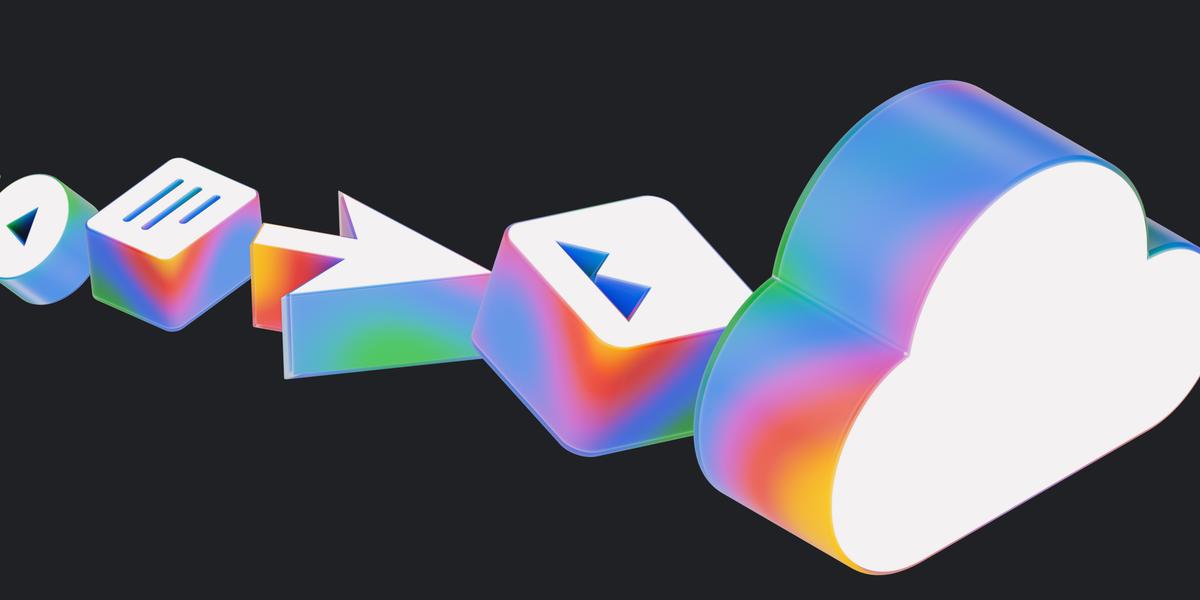
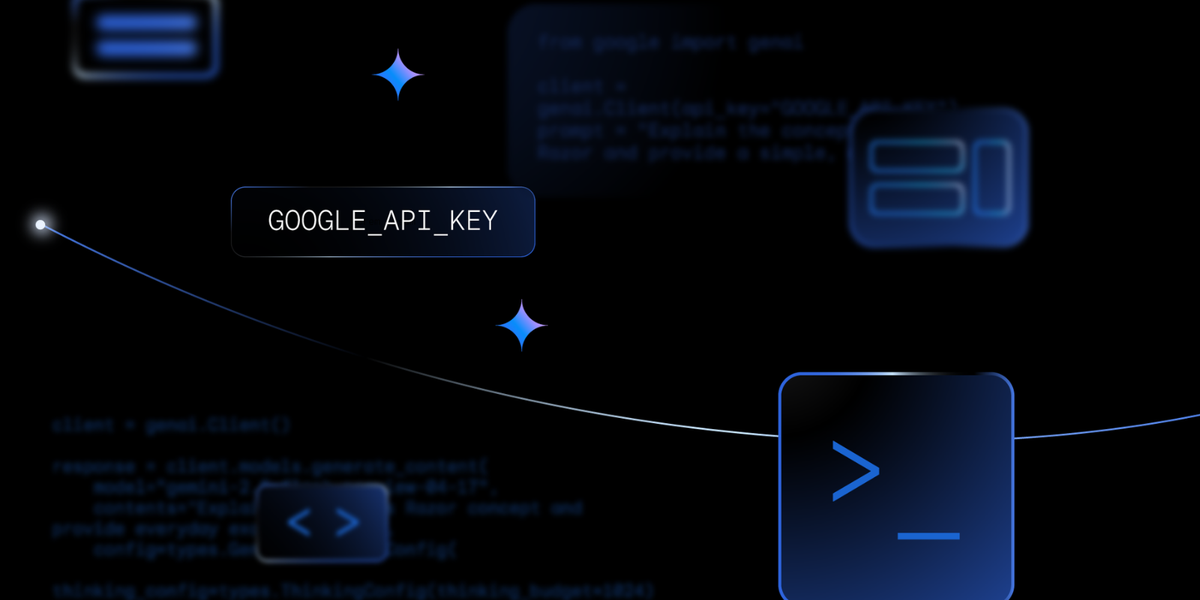

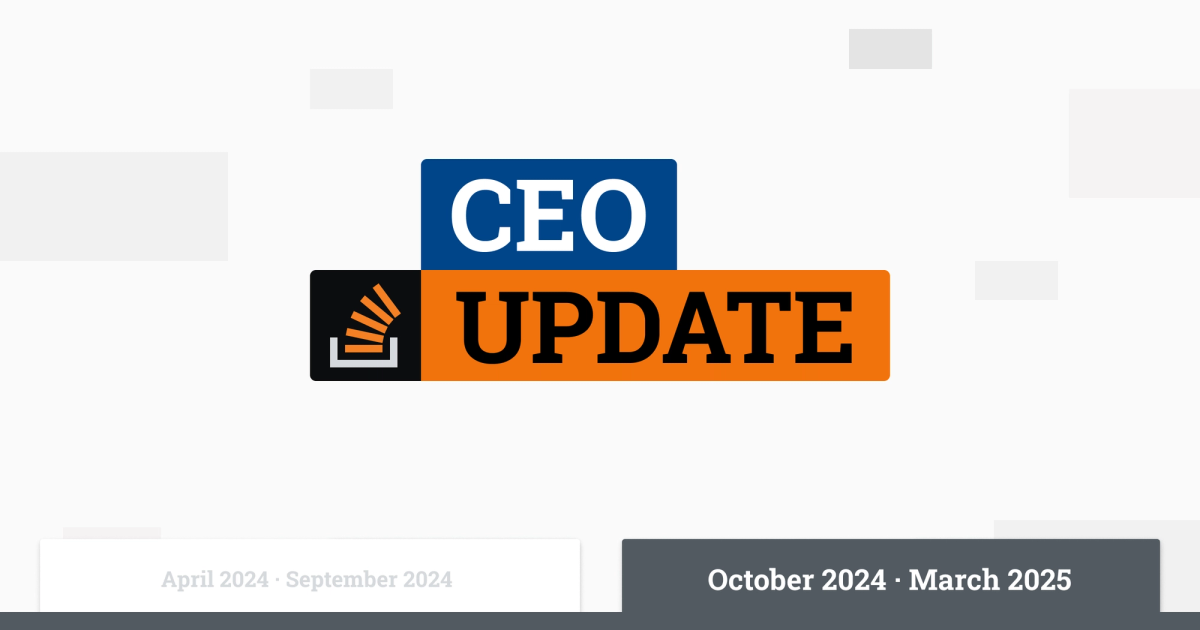


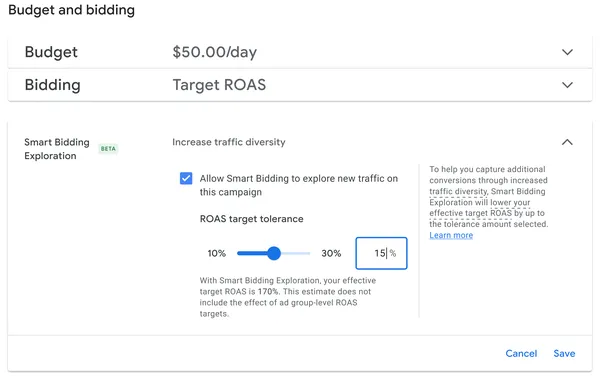



.png?width=1920&height=1920&fit=bounds&quality=70&format=jpg&auto=webp#)
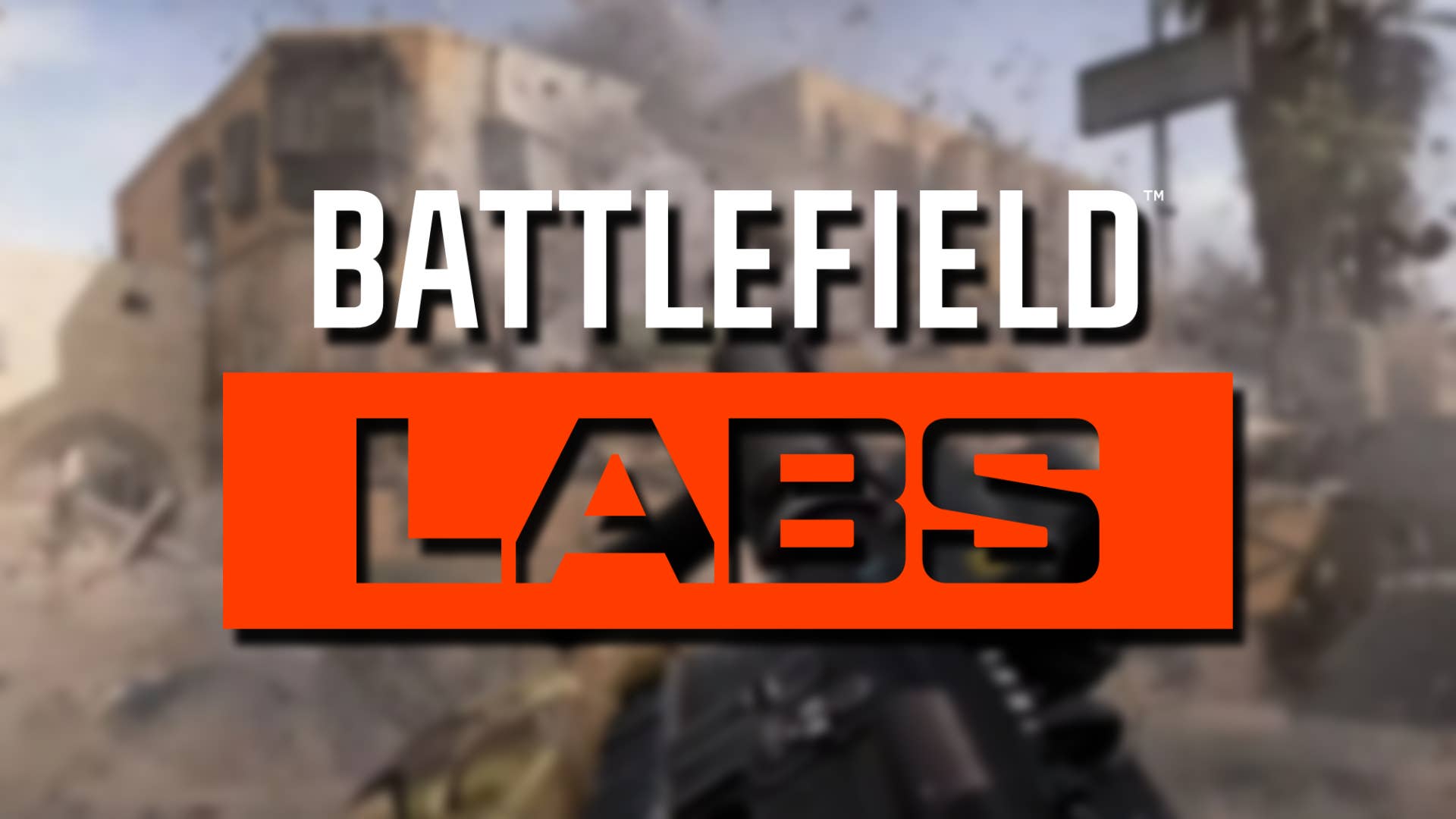
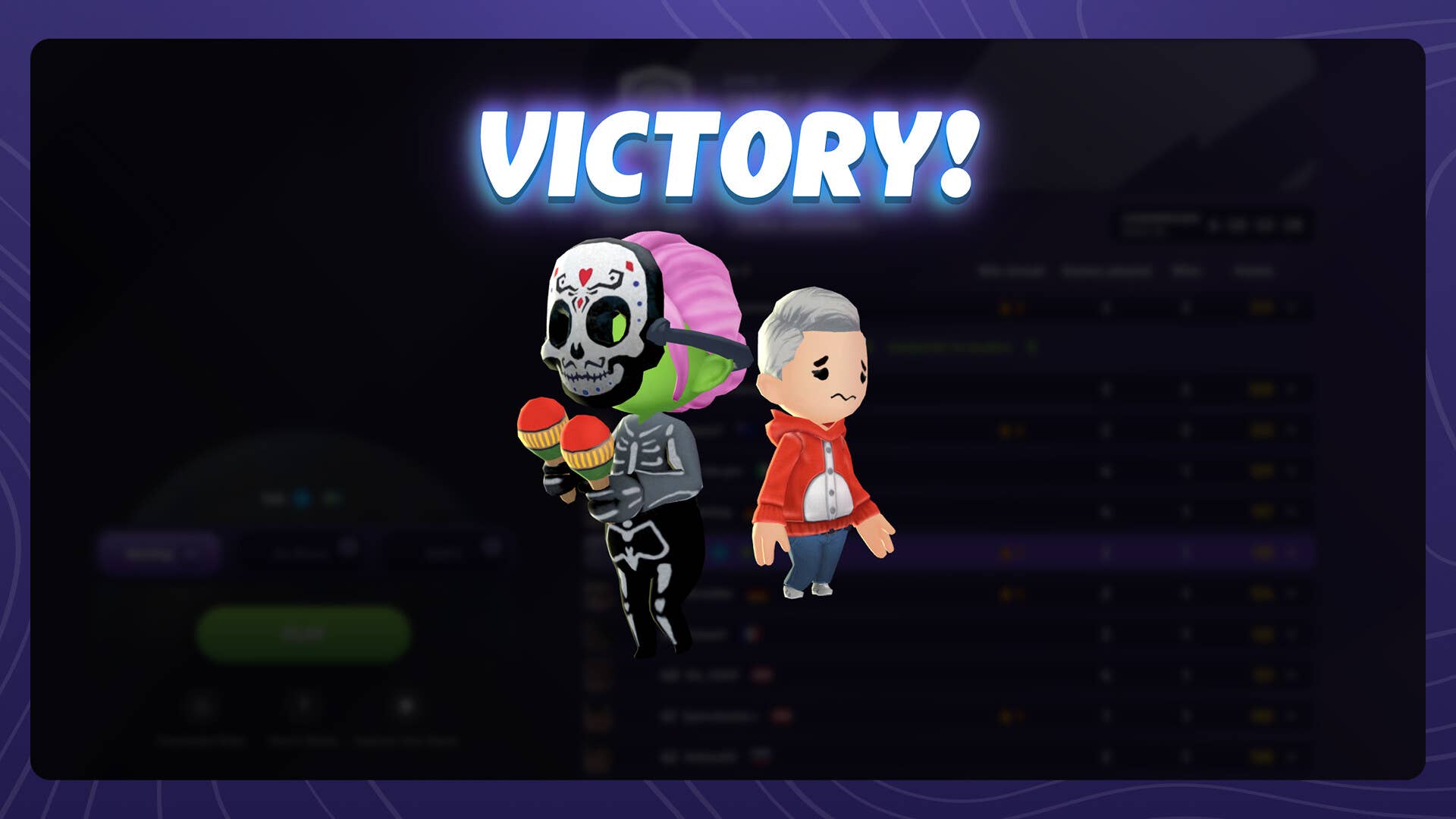








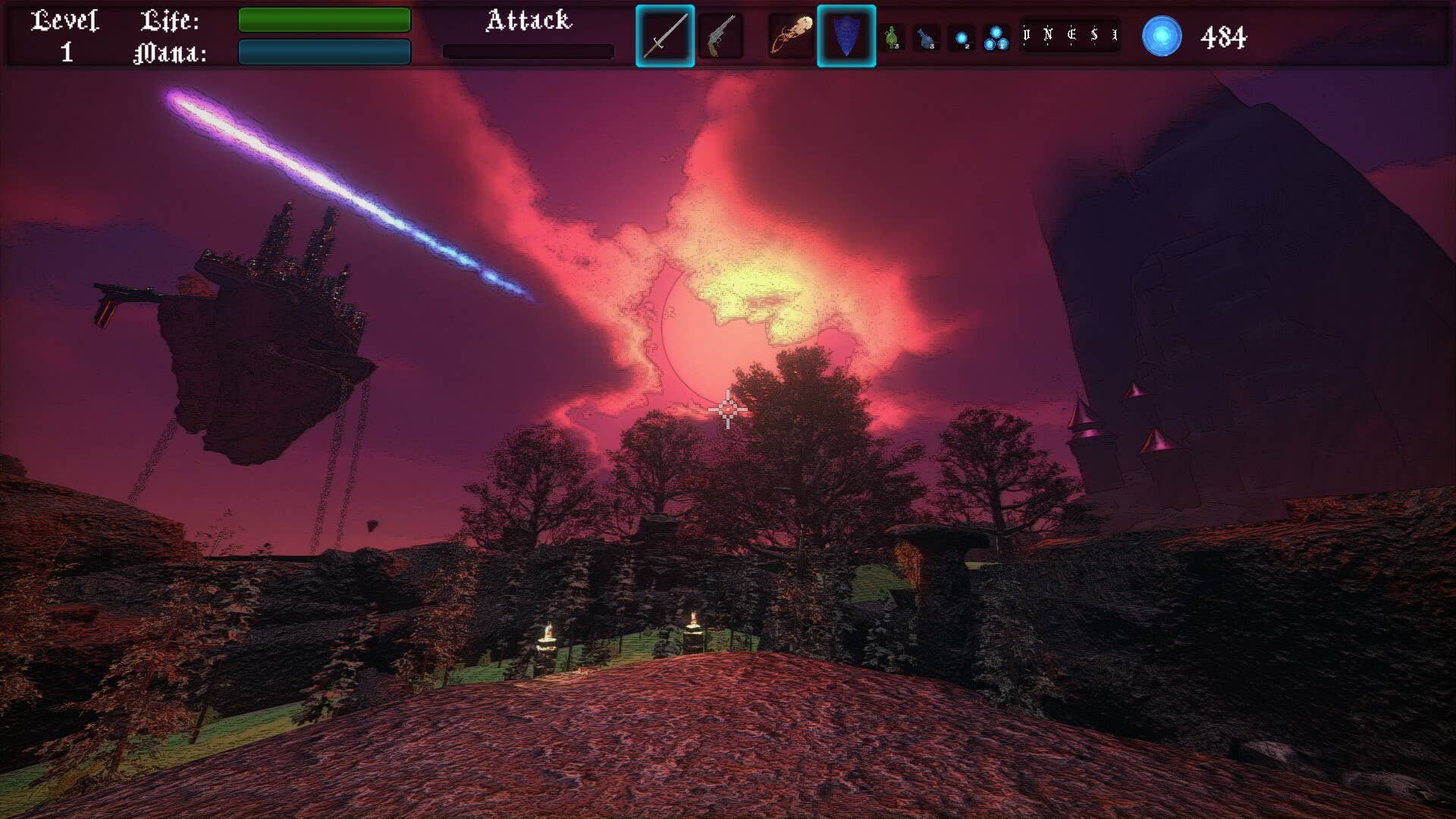
























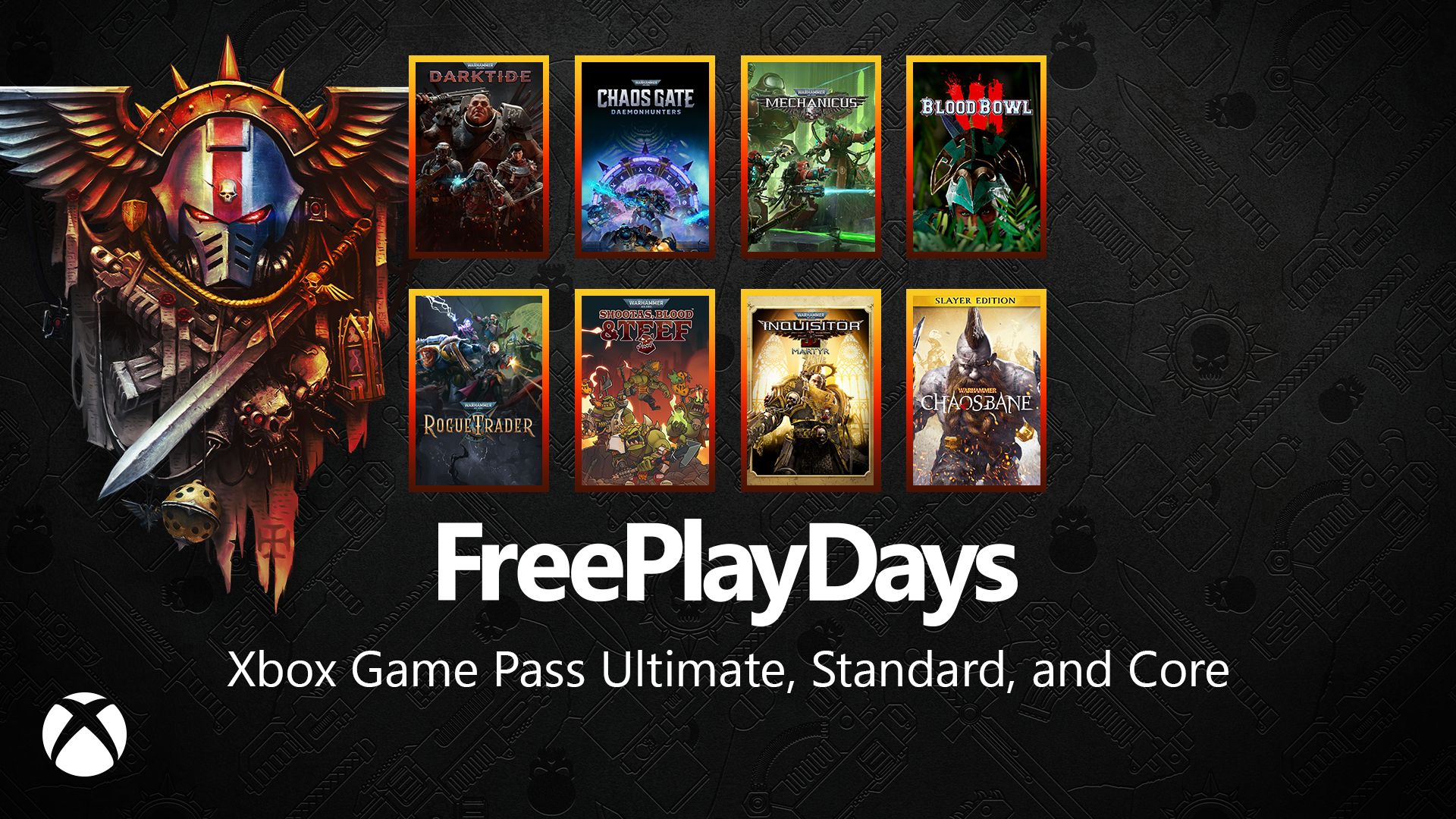






![Borderlands 4 Boss Says 'A Real Fan' Will Pay $80 For Games [Update]](https://i.kinja-img.com/image/upload/c_fill,h_675,pg_1,q_80,w_1200/086e4654c281e40d12b833591d2c6fdc.jpg)
























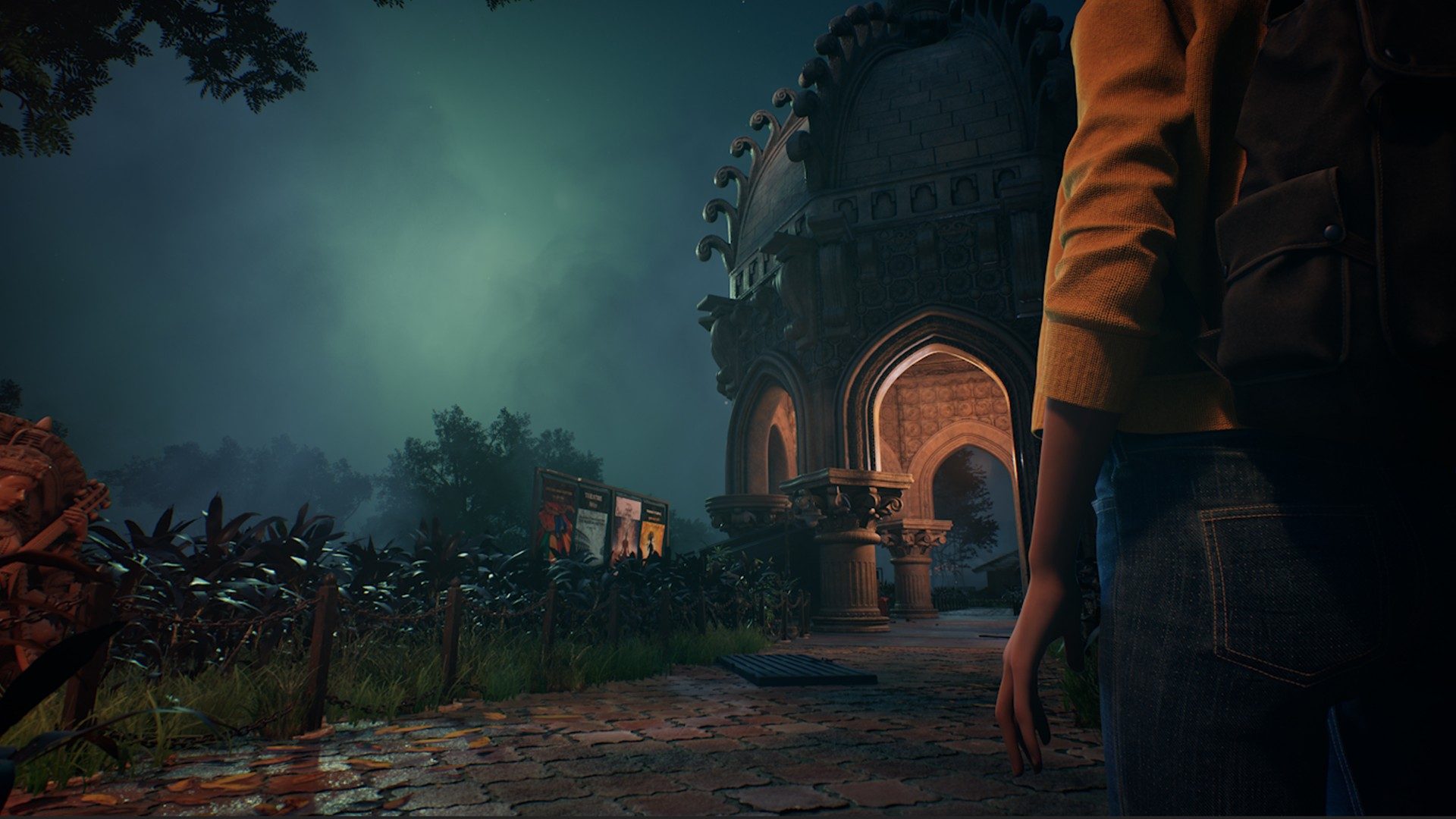







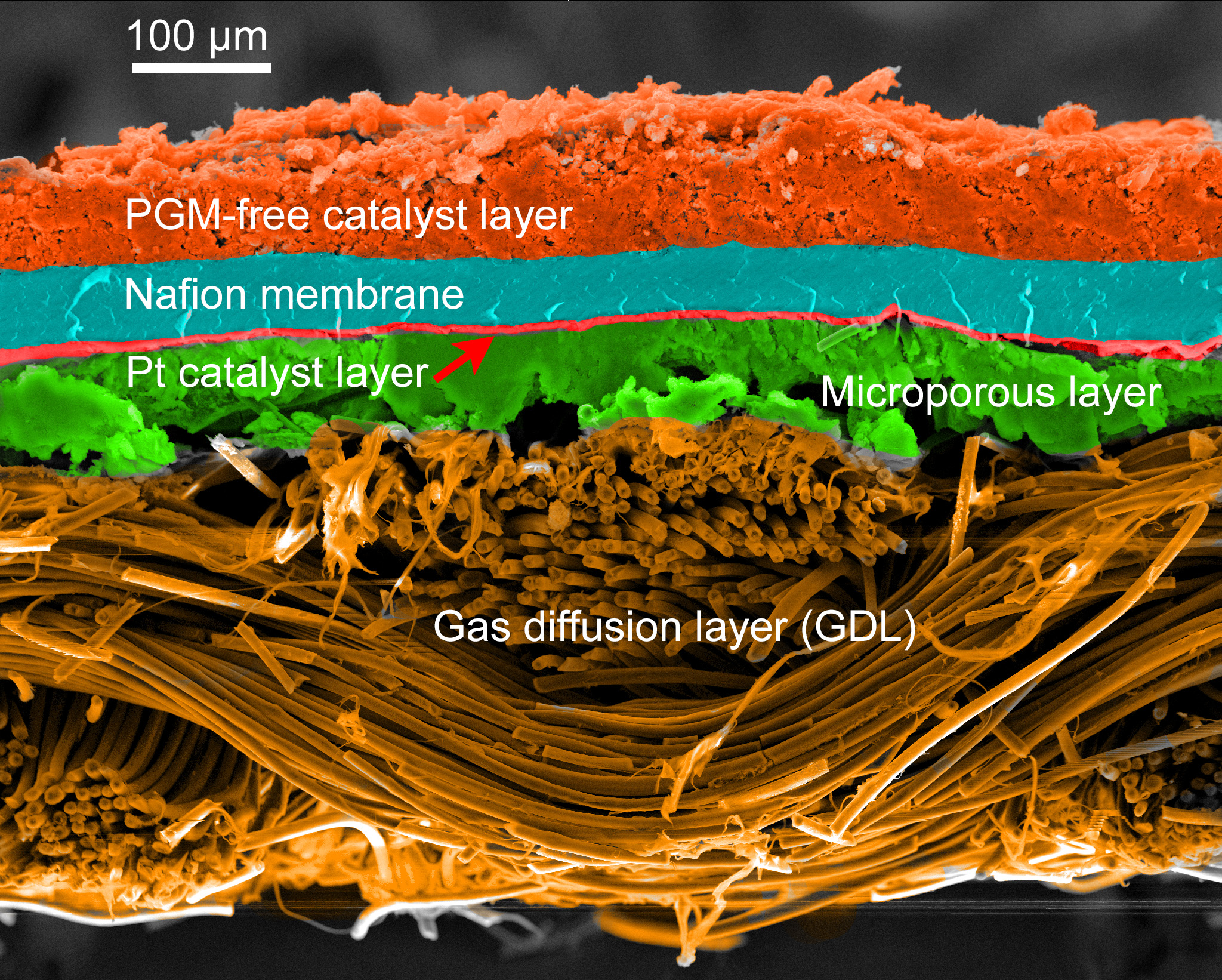
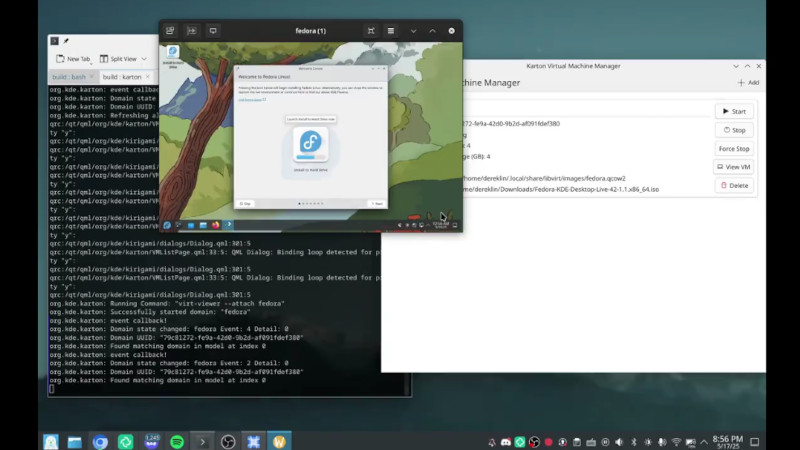
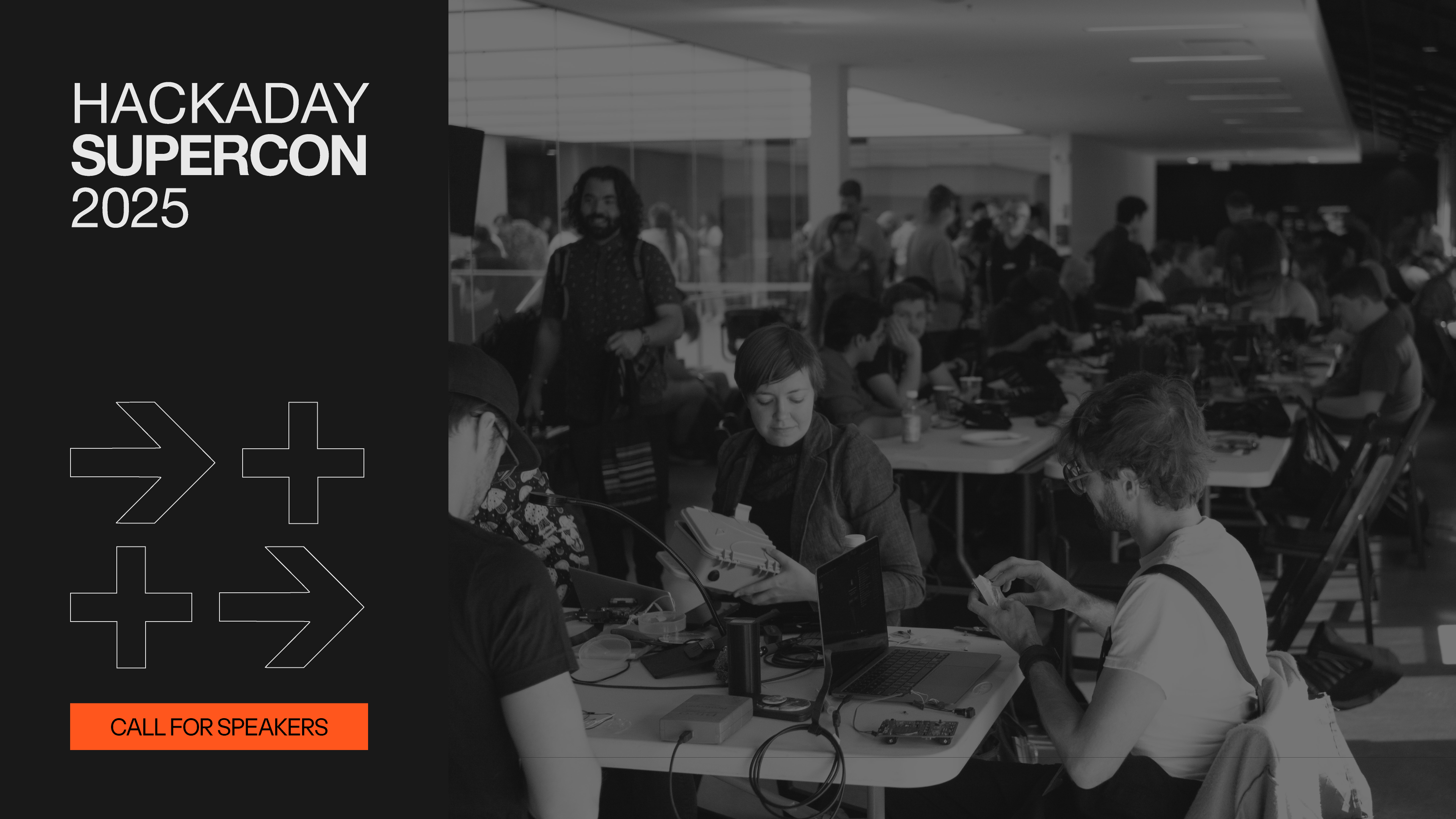

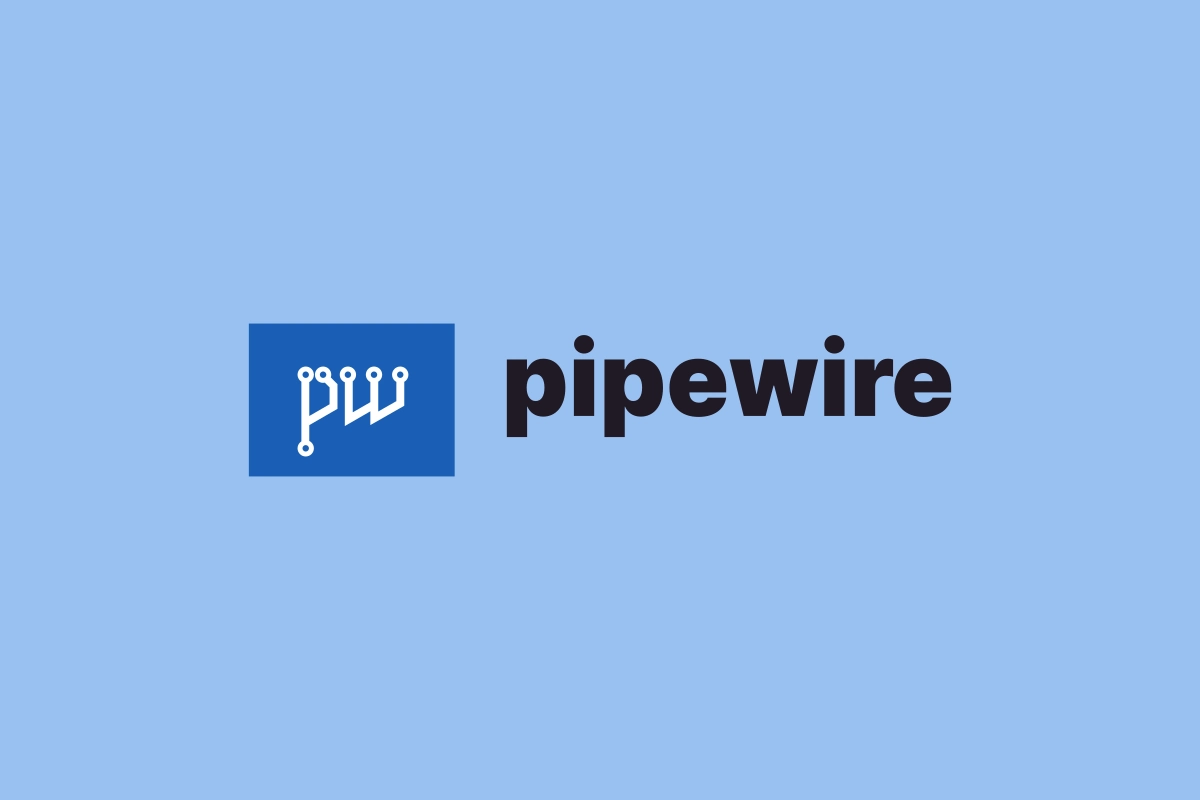










_Constantine_Soutiaguin-Alamy.jpg?width=1280&auto=webp&quality=80&disable=upscale#)








































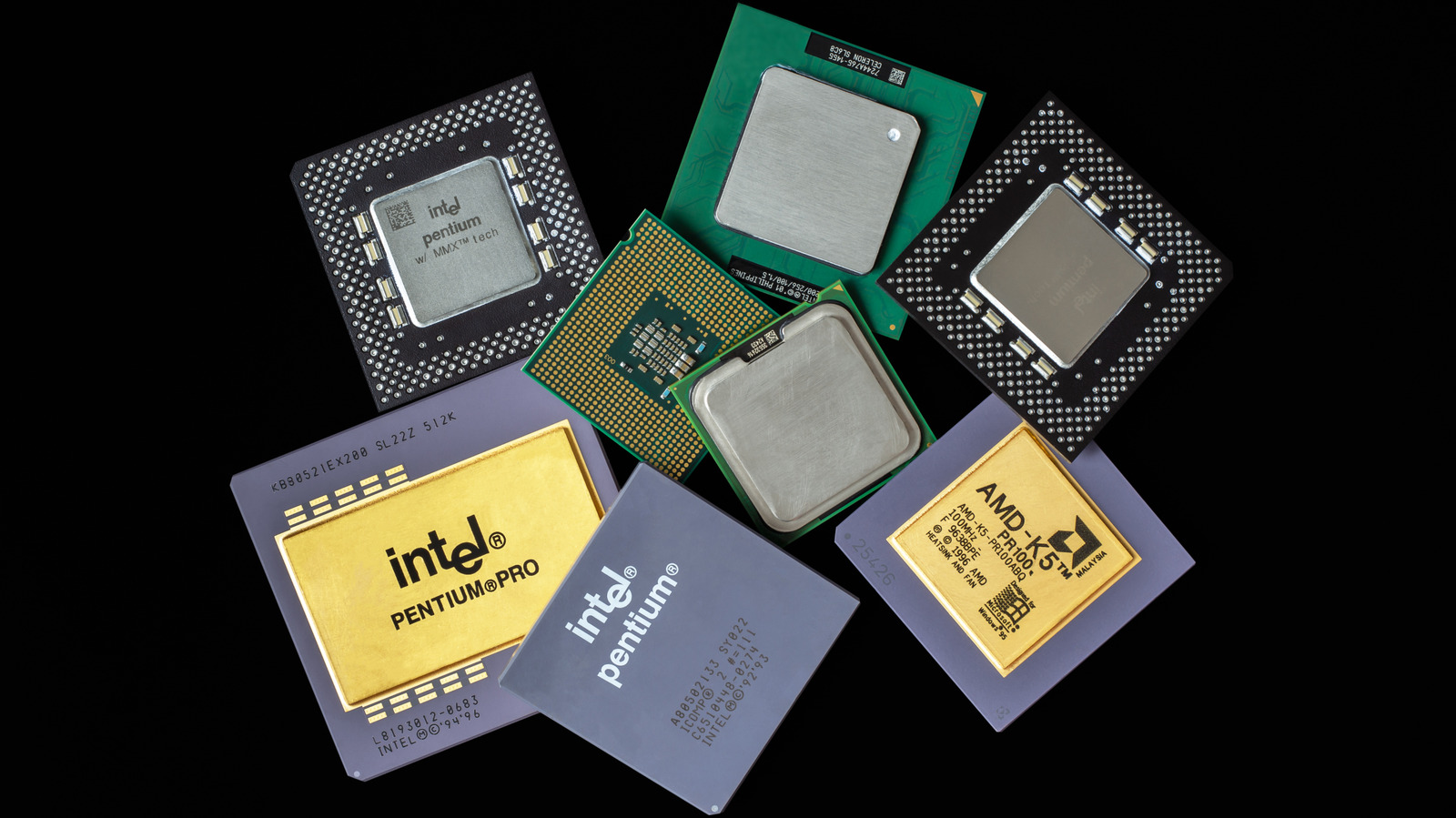

































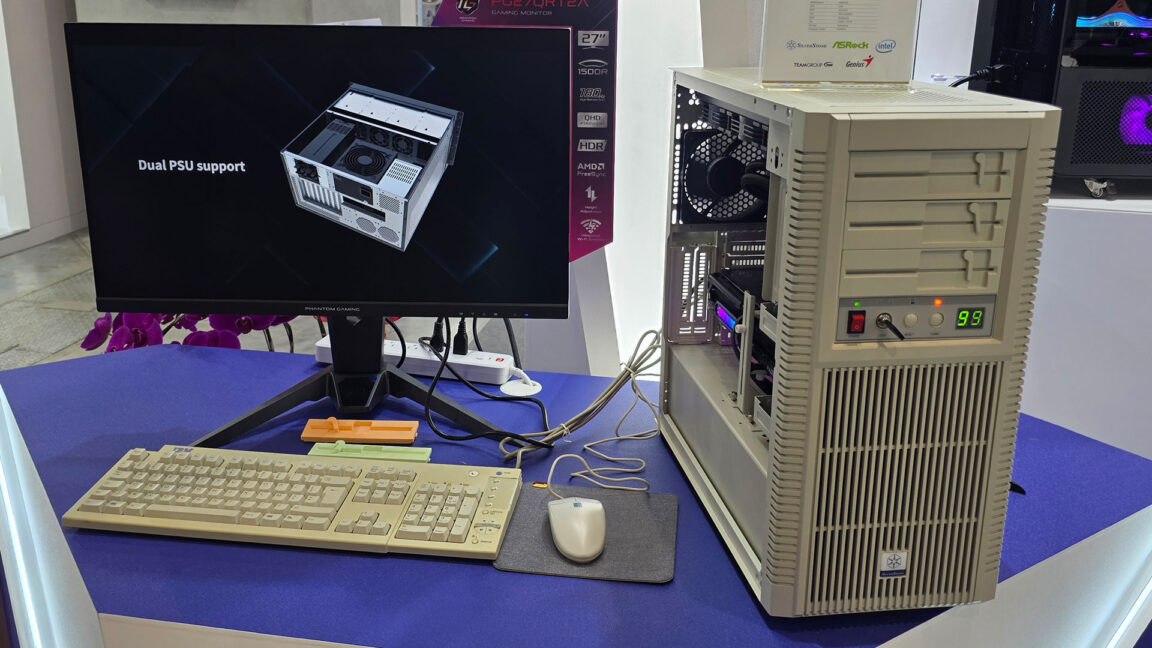




-xl.jpg)
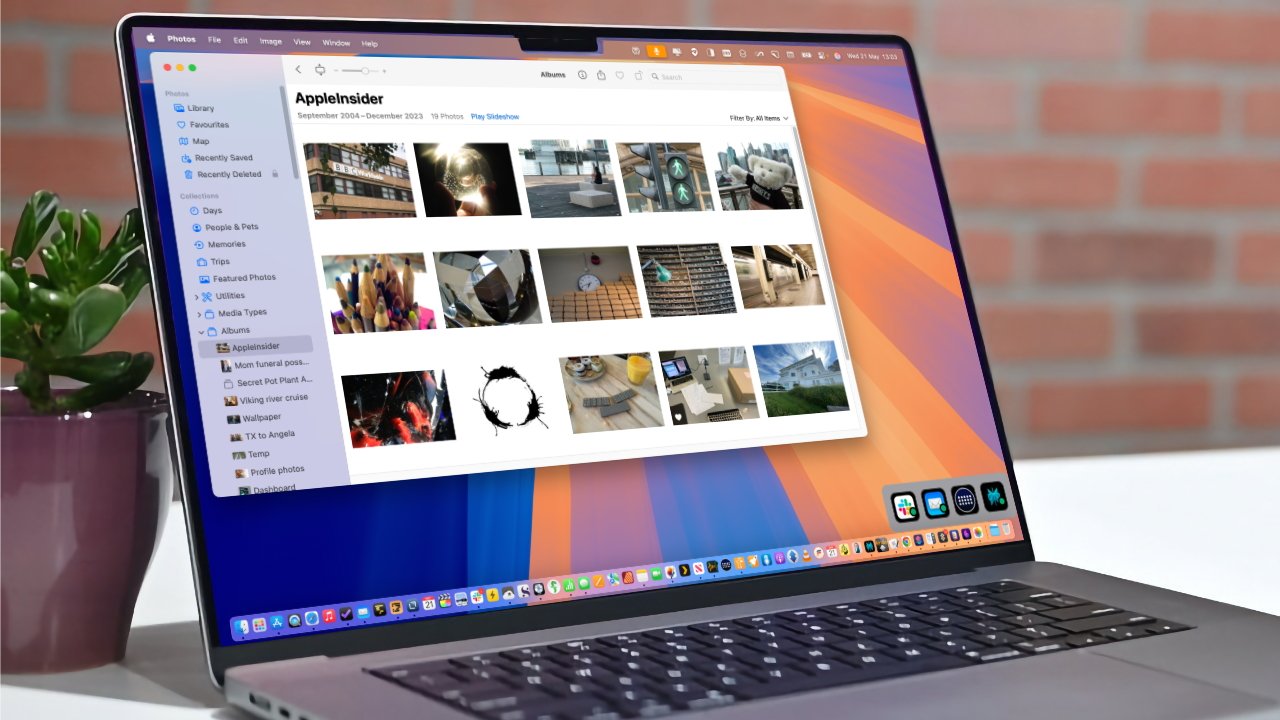
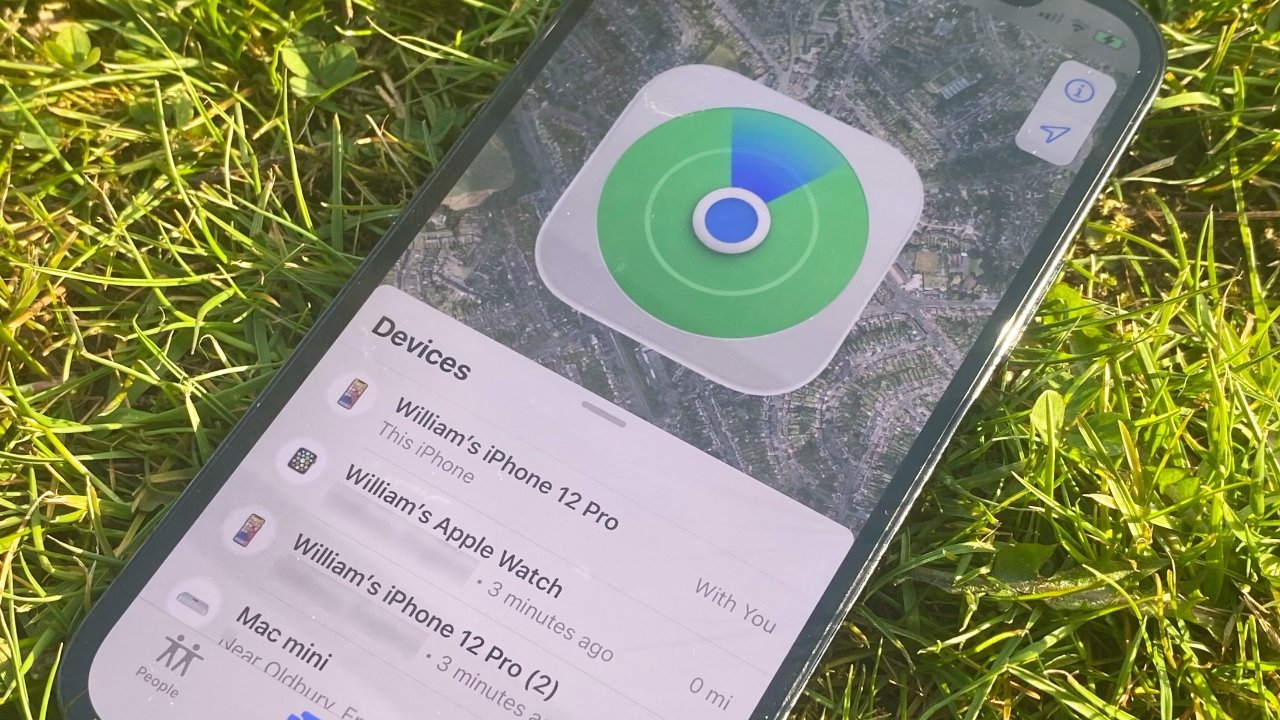
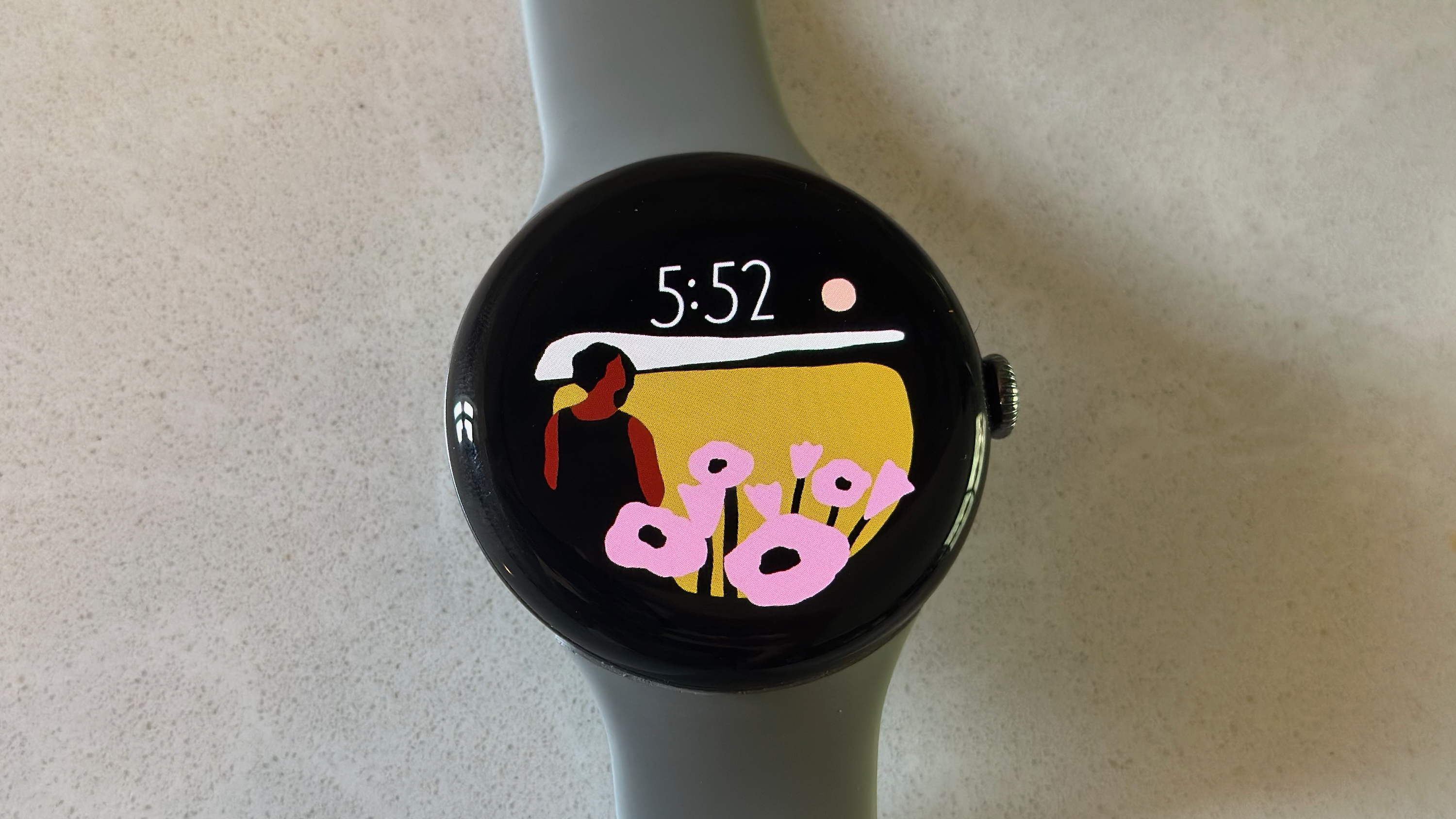
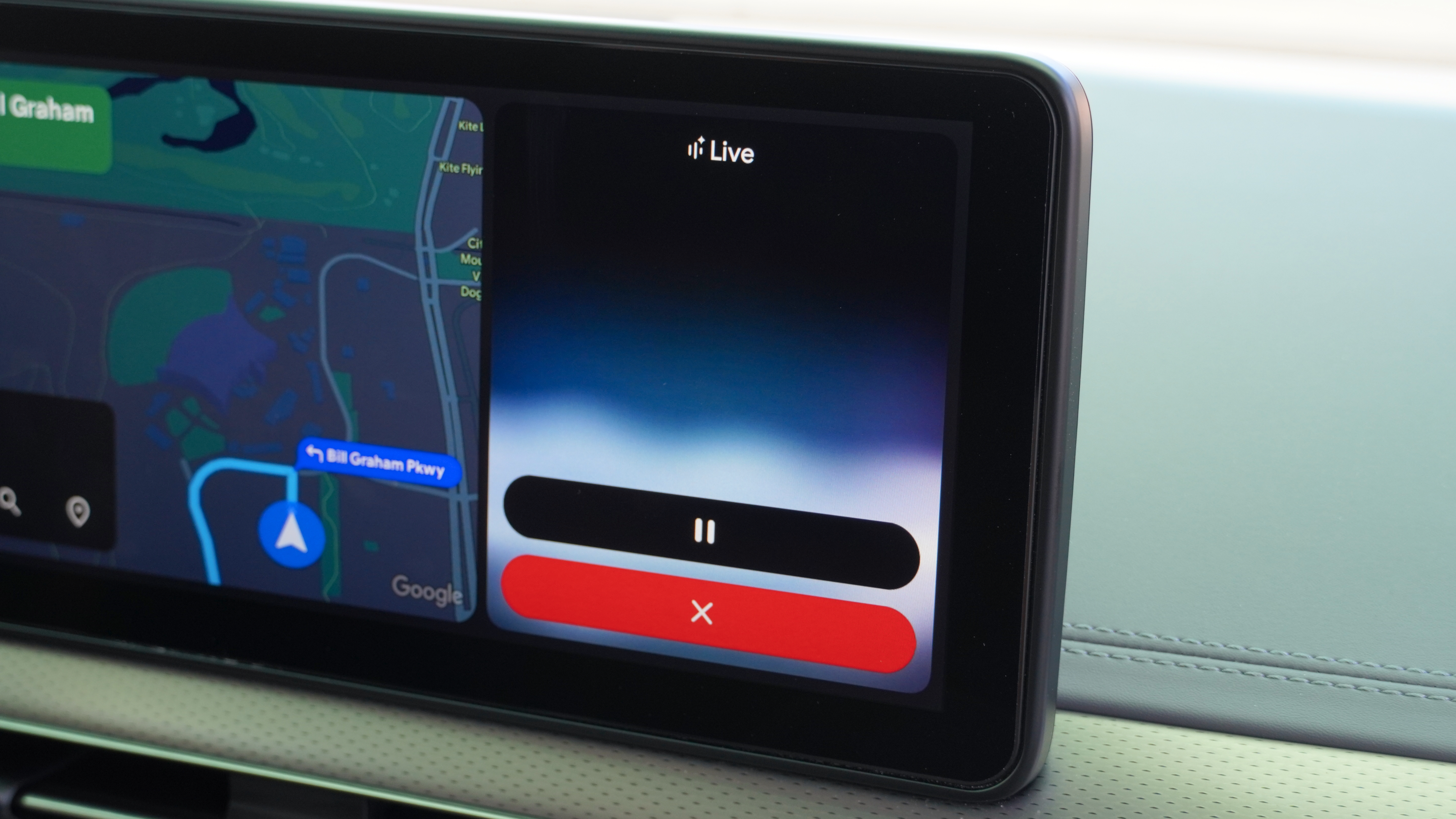




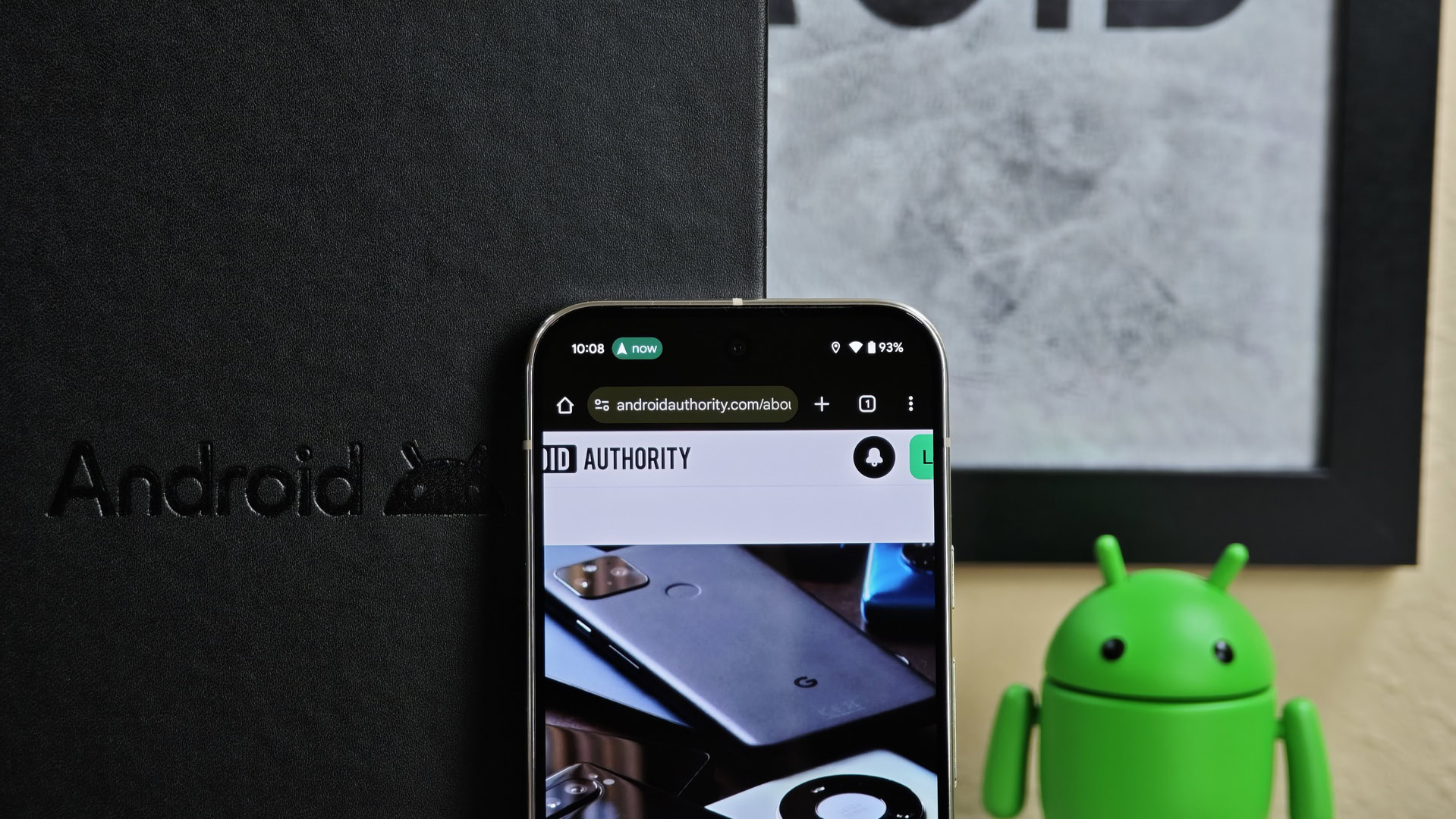


















![Apple Leads Global Wireless Earbuds Market in Q1 2025 [Chart]](https://www.iclarified.com/images/news/97394/97394/97394-640.jpg)

![OpenAI Acquires Jony Ive's 'io' to Build Next-Gen AI Devices [Video]](https://www.iclarified.com/images/news/97399/97399/97399-640.jpg)
![Apple Shares Teaser for 'Chief of War' Starring Jason Momoa [Video]](https://www.iclarified.com/images/news/97400/97400/97400-640.jpg)


















